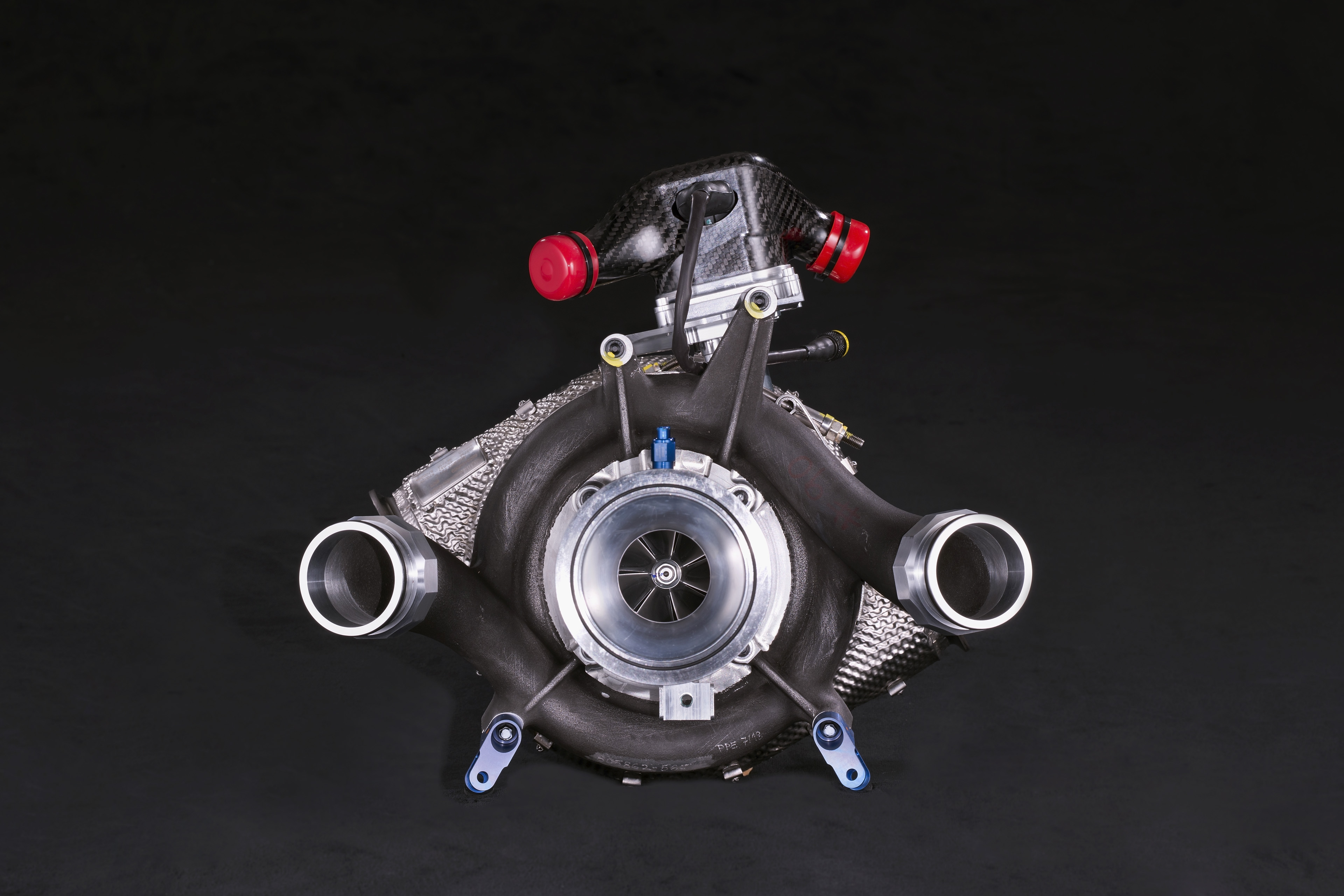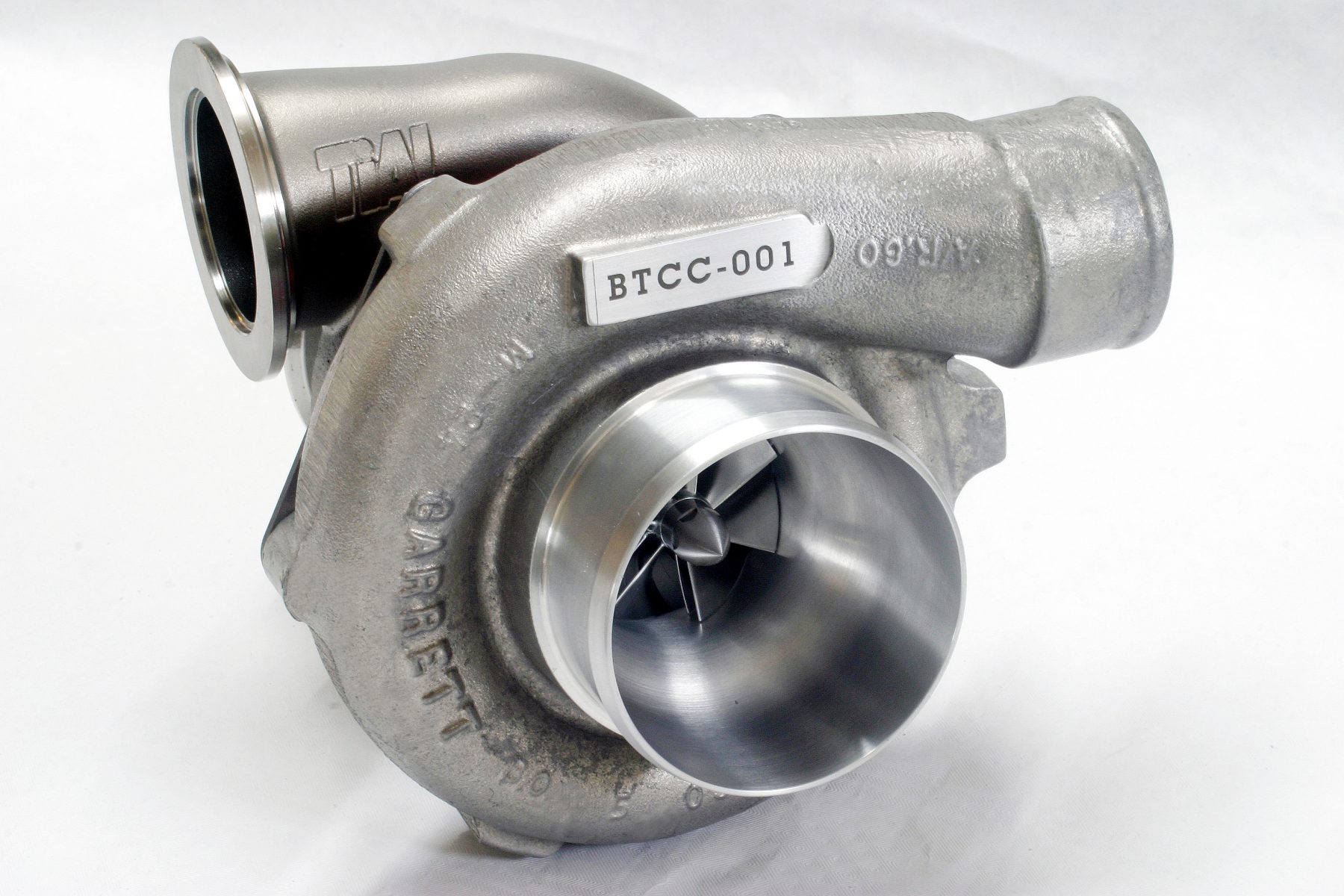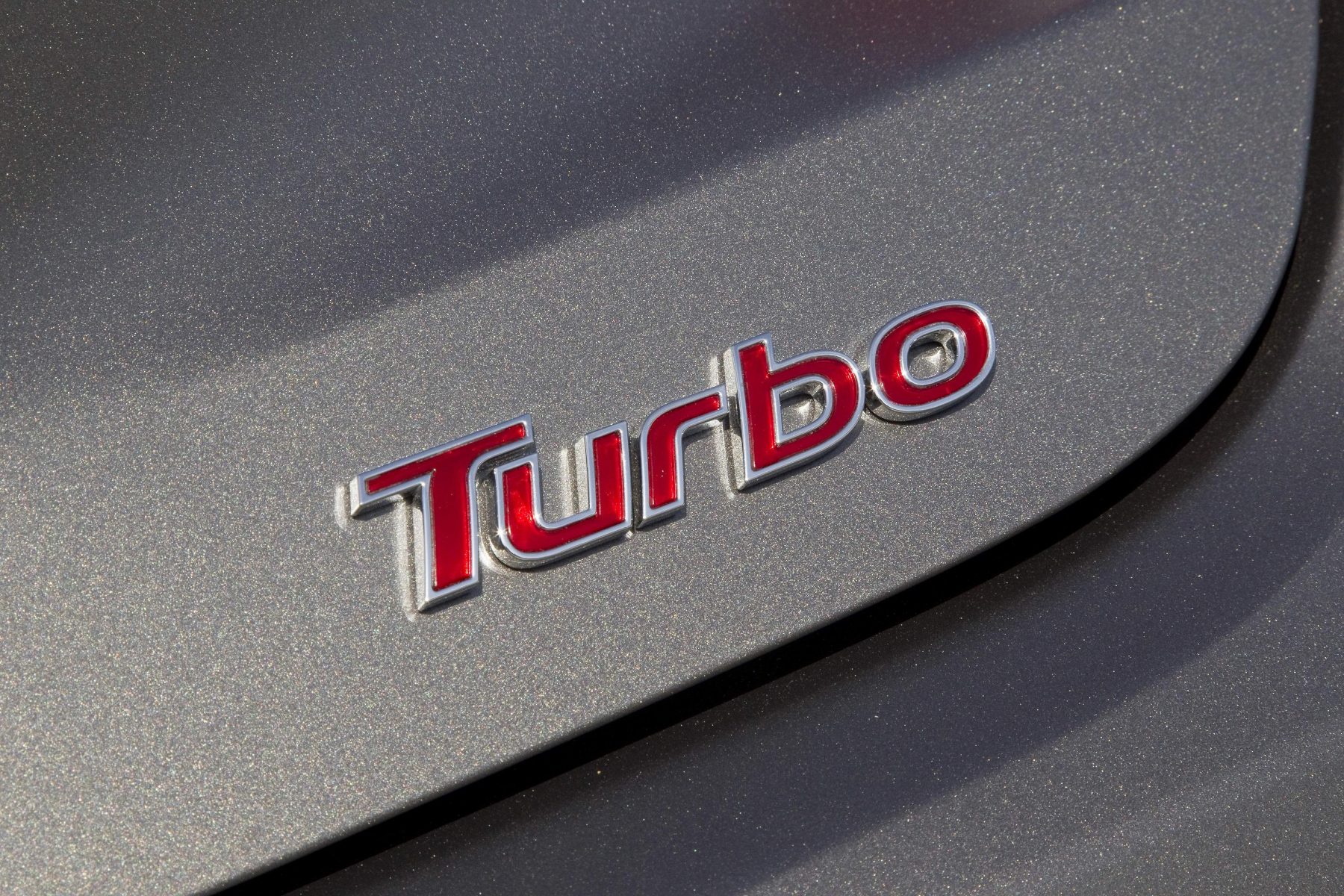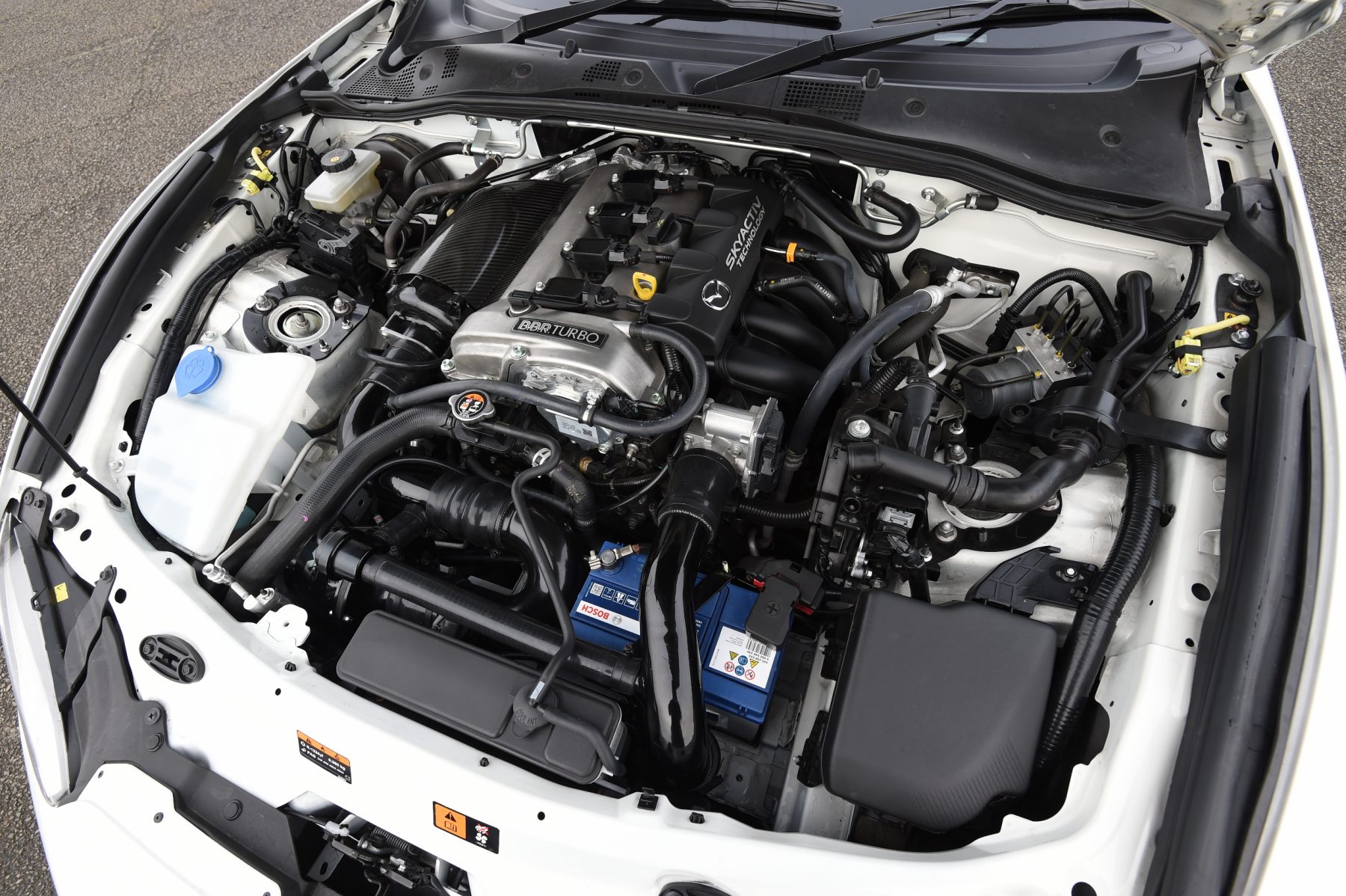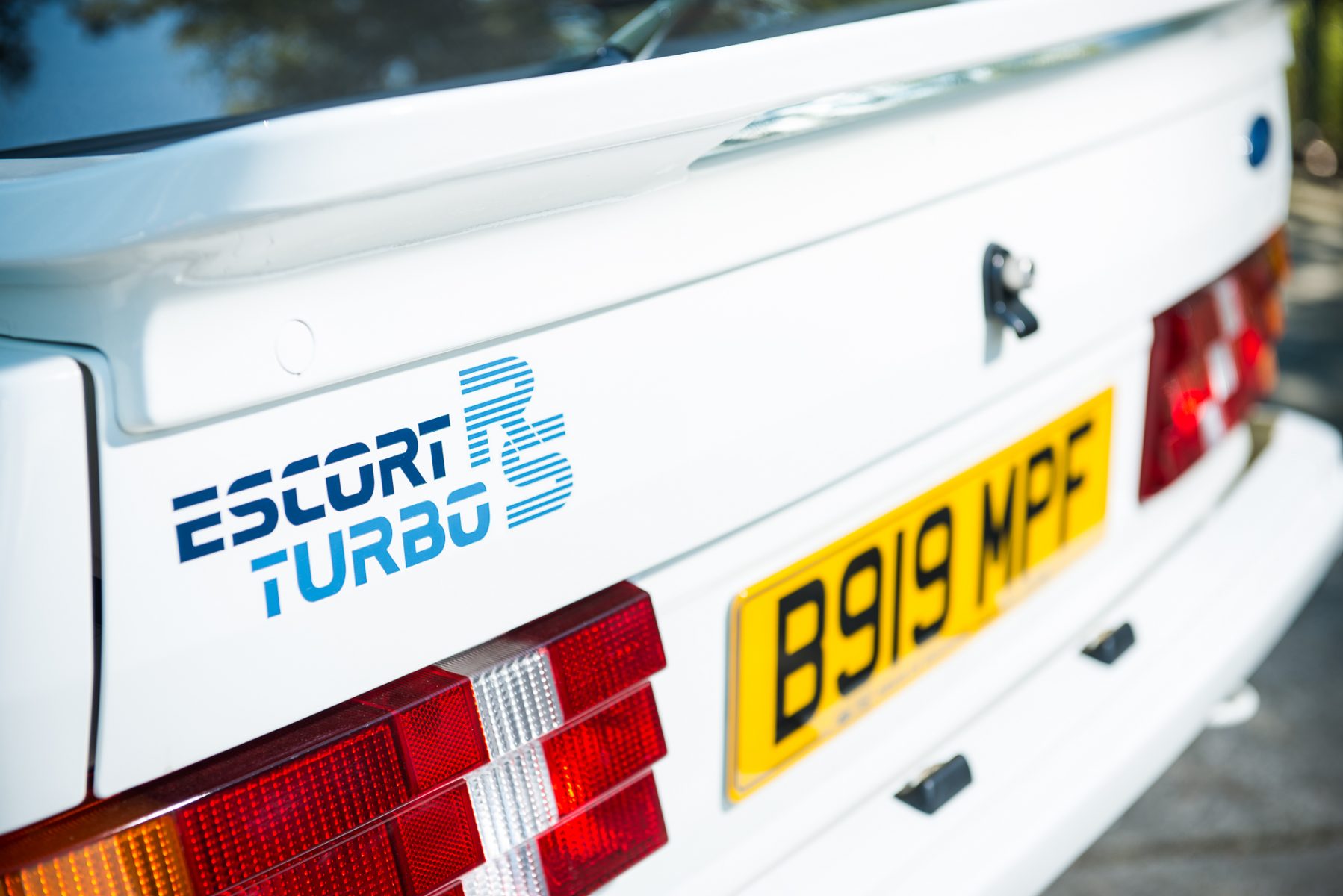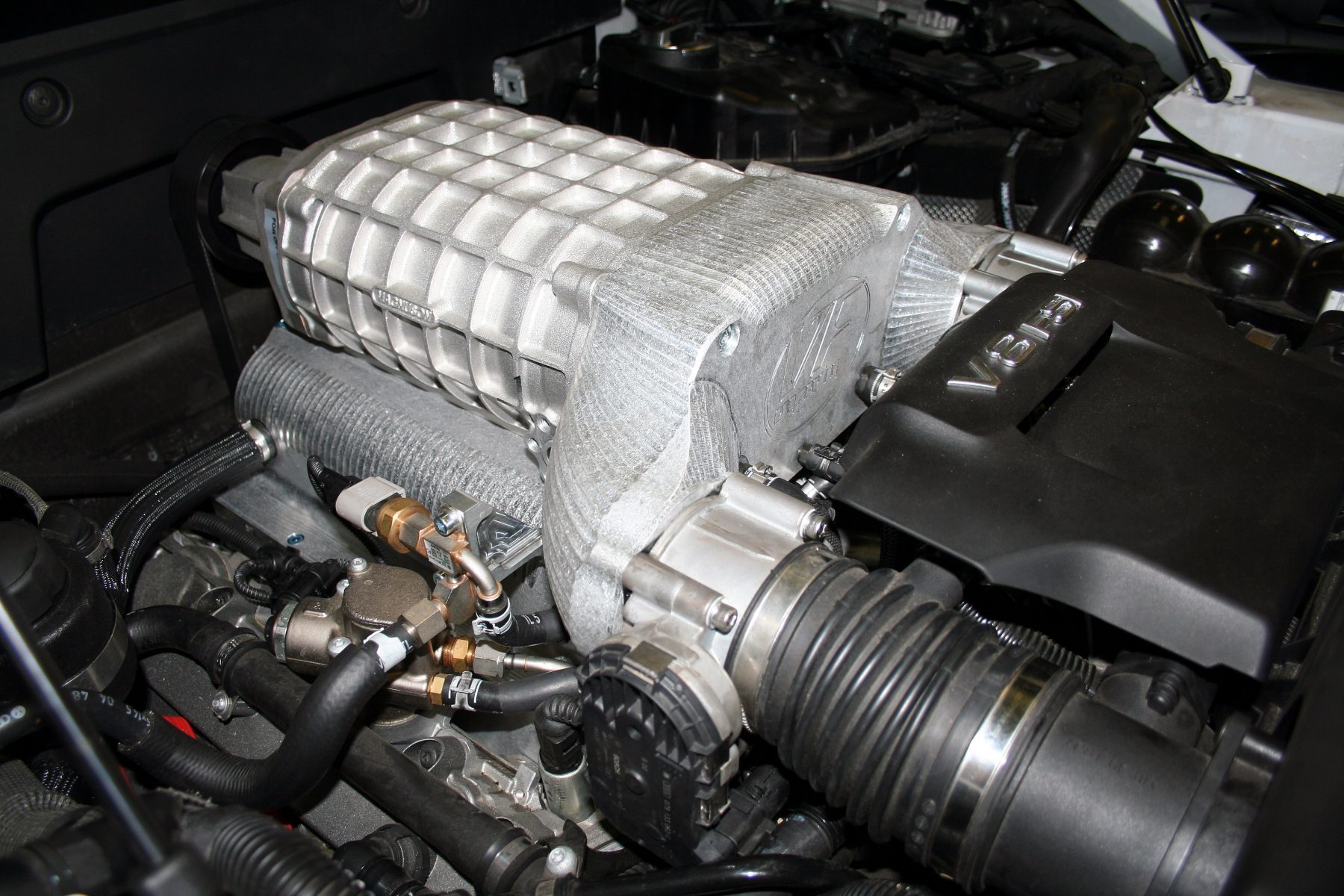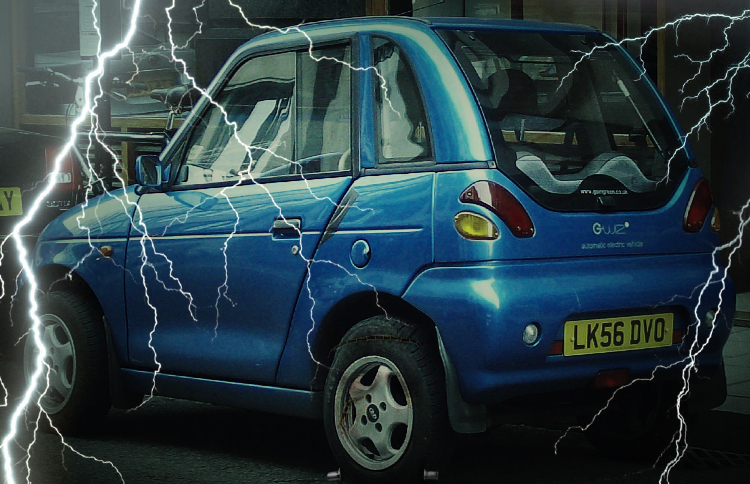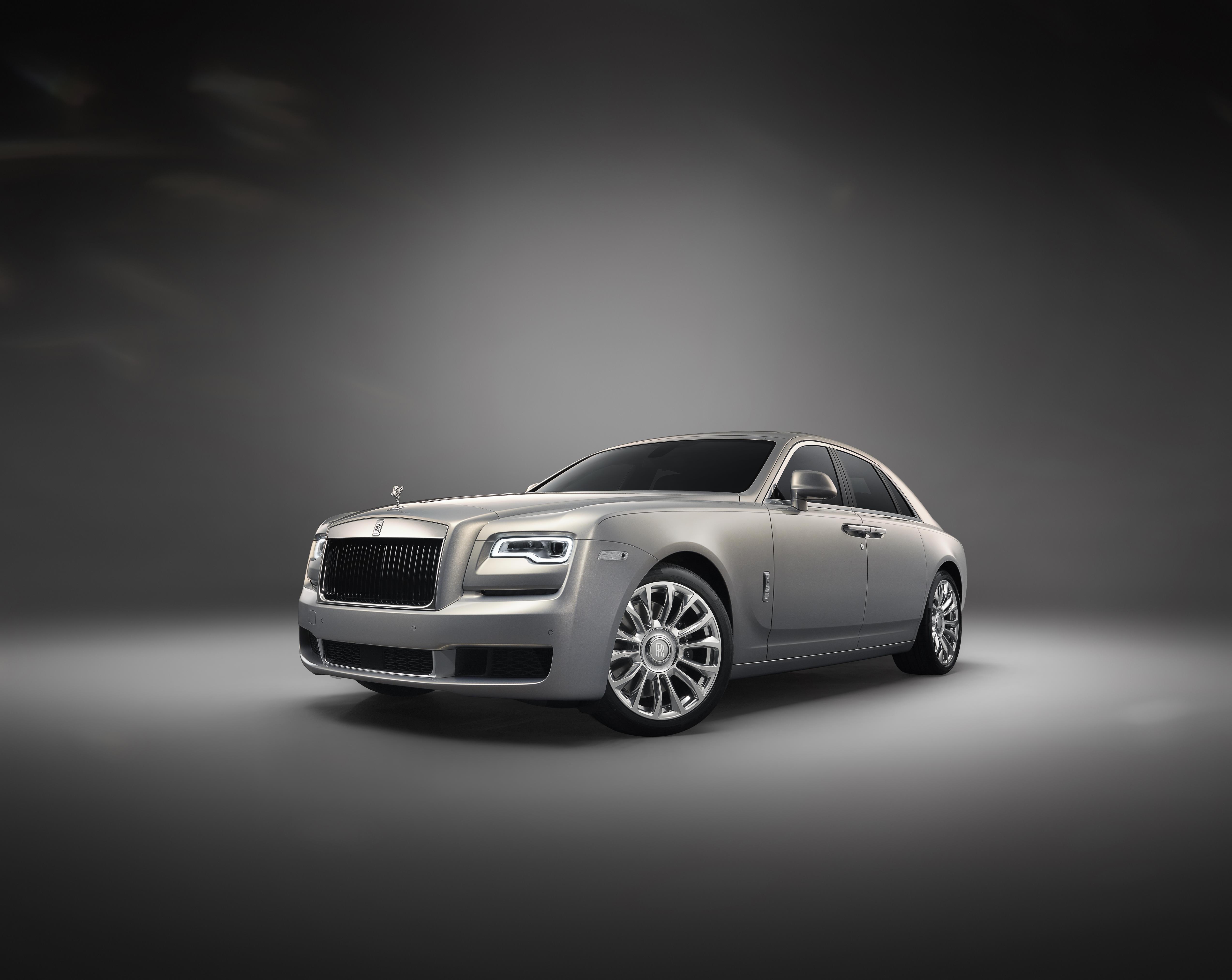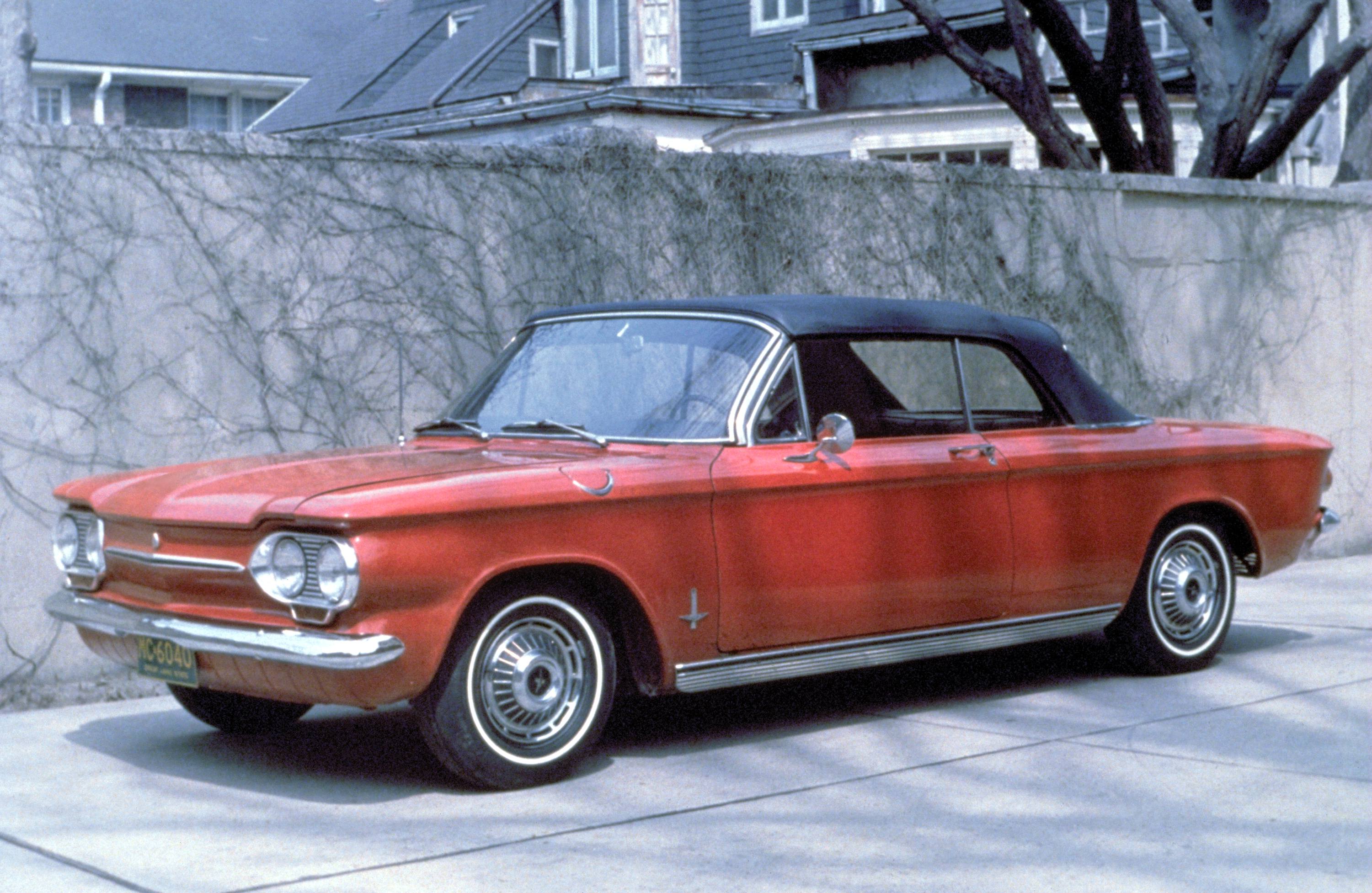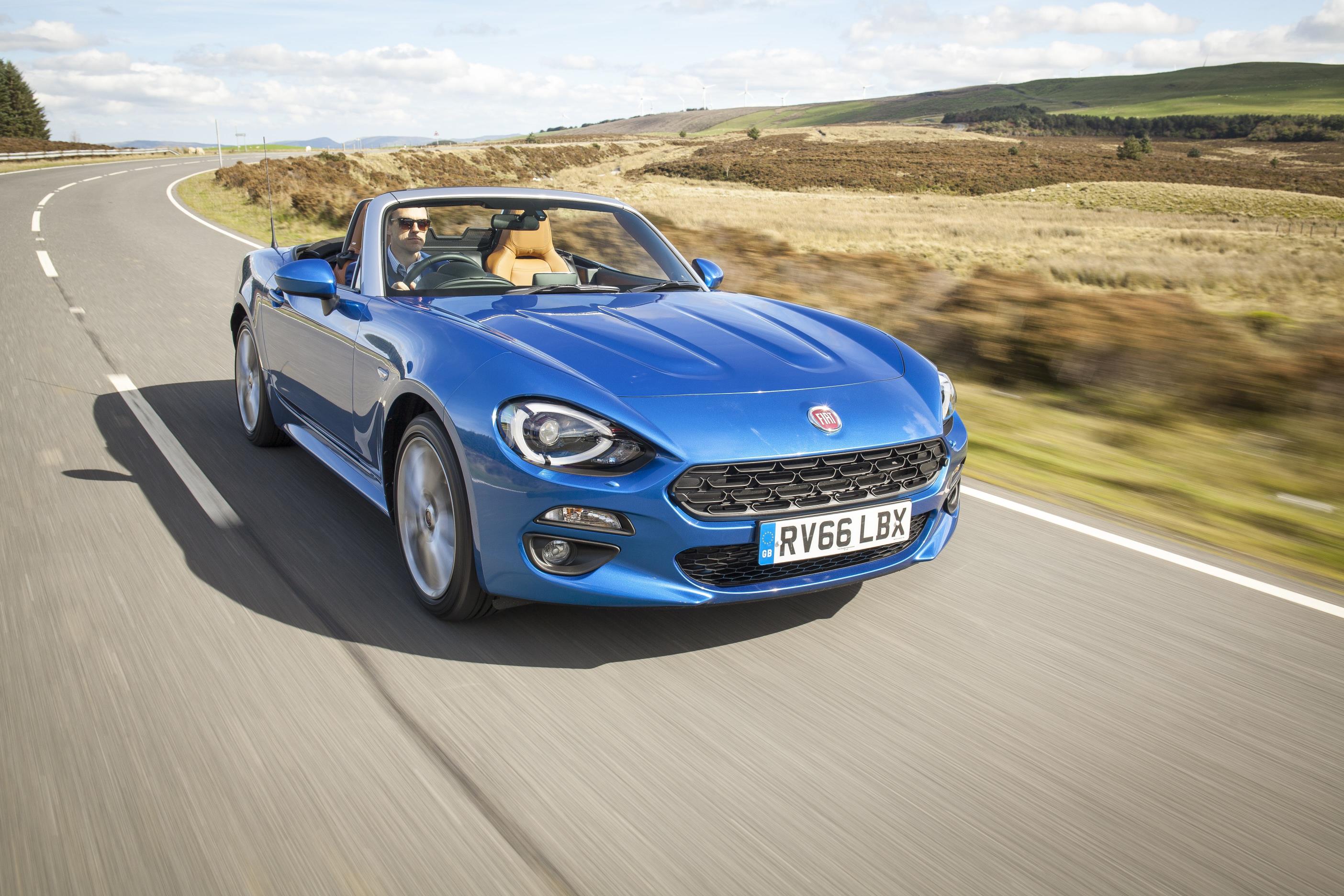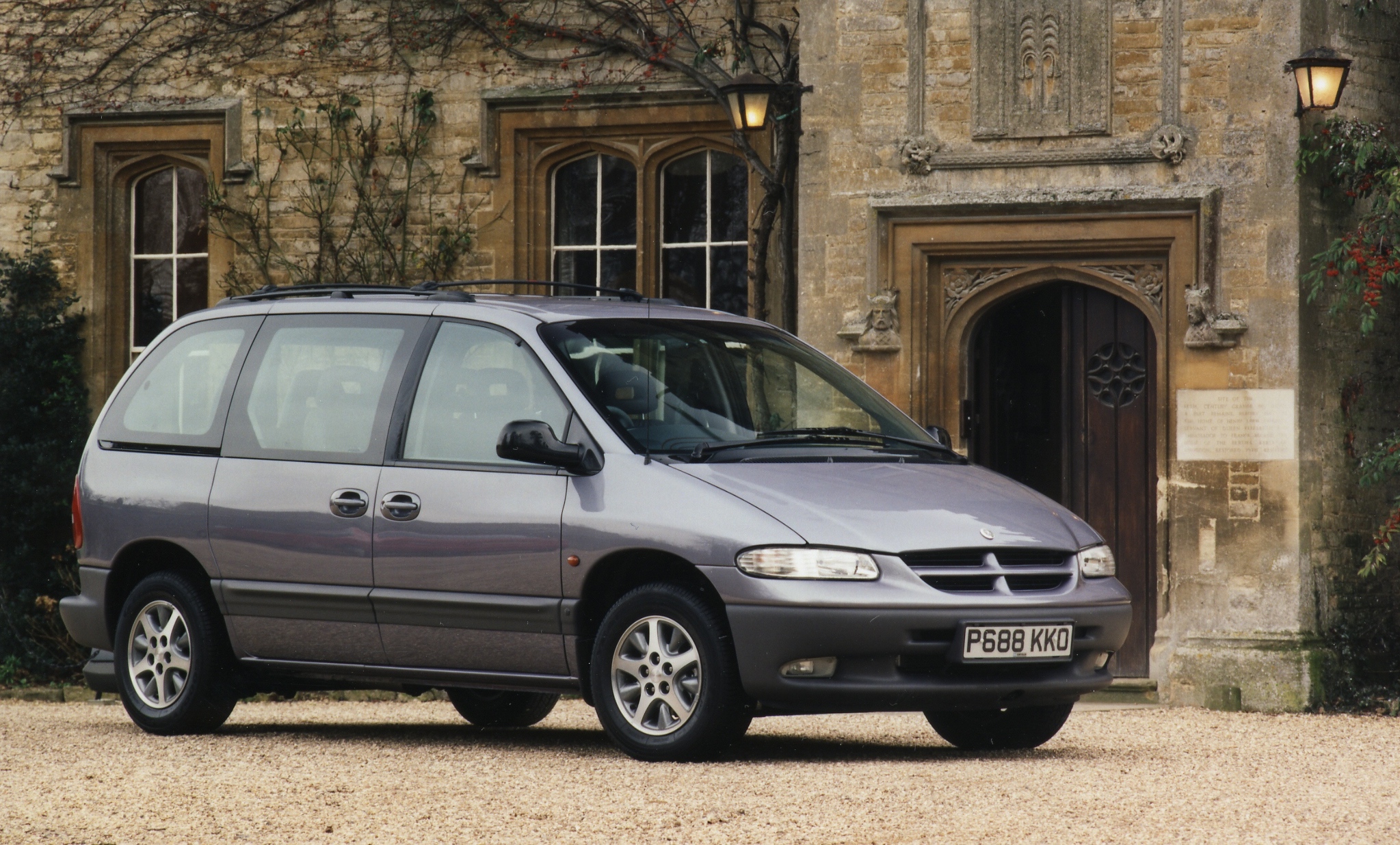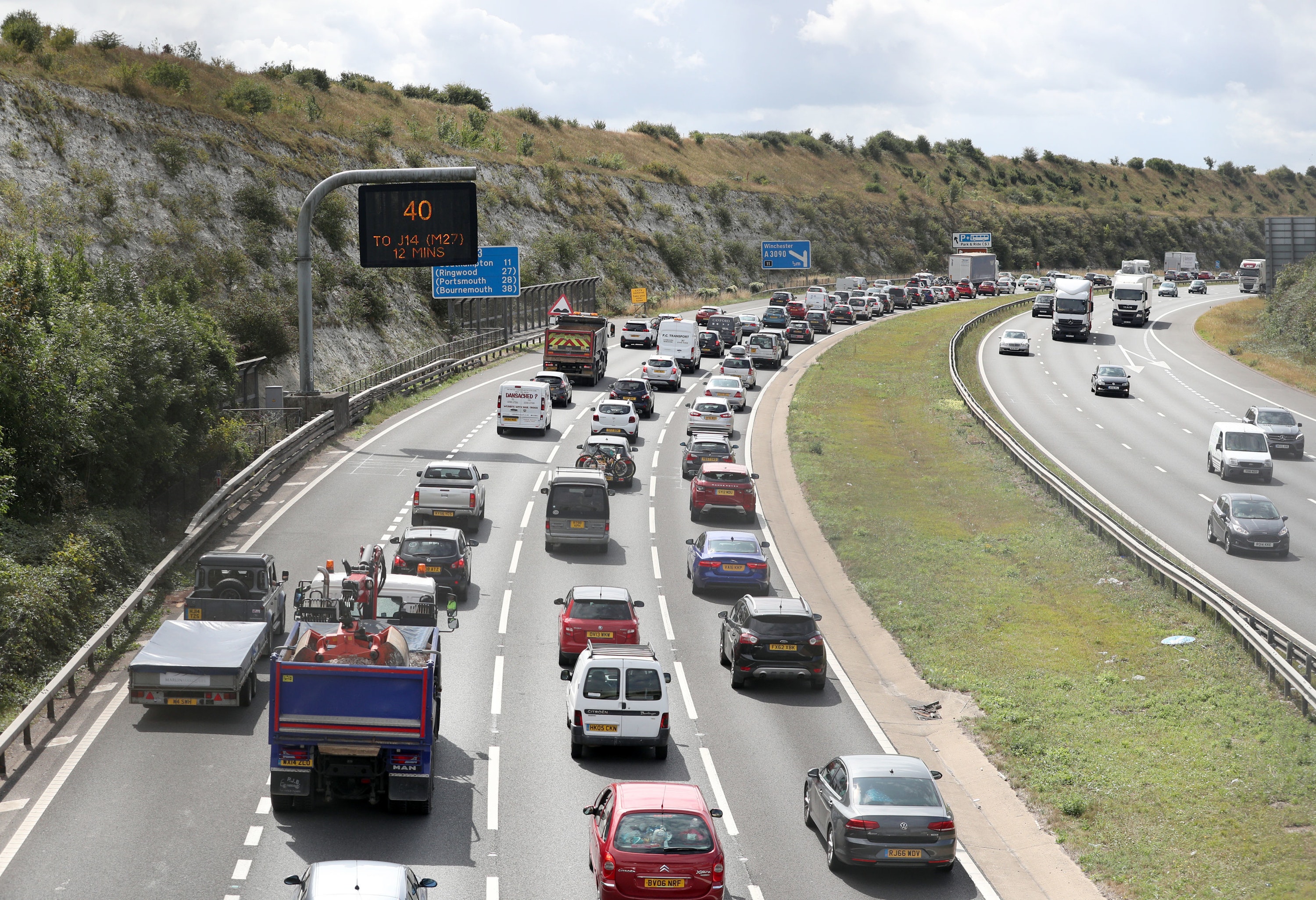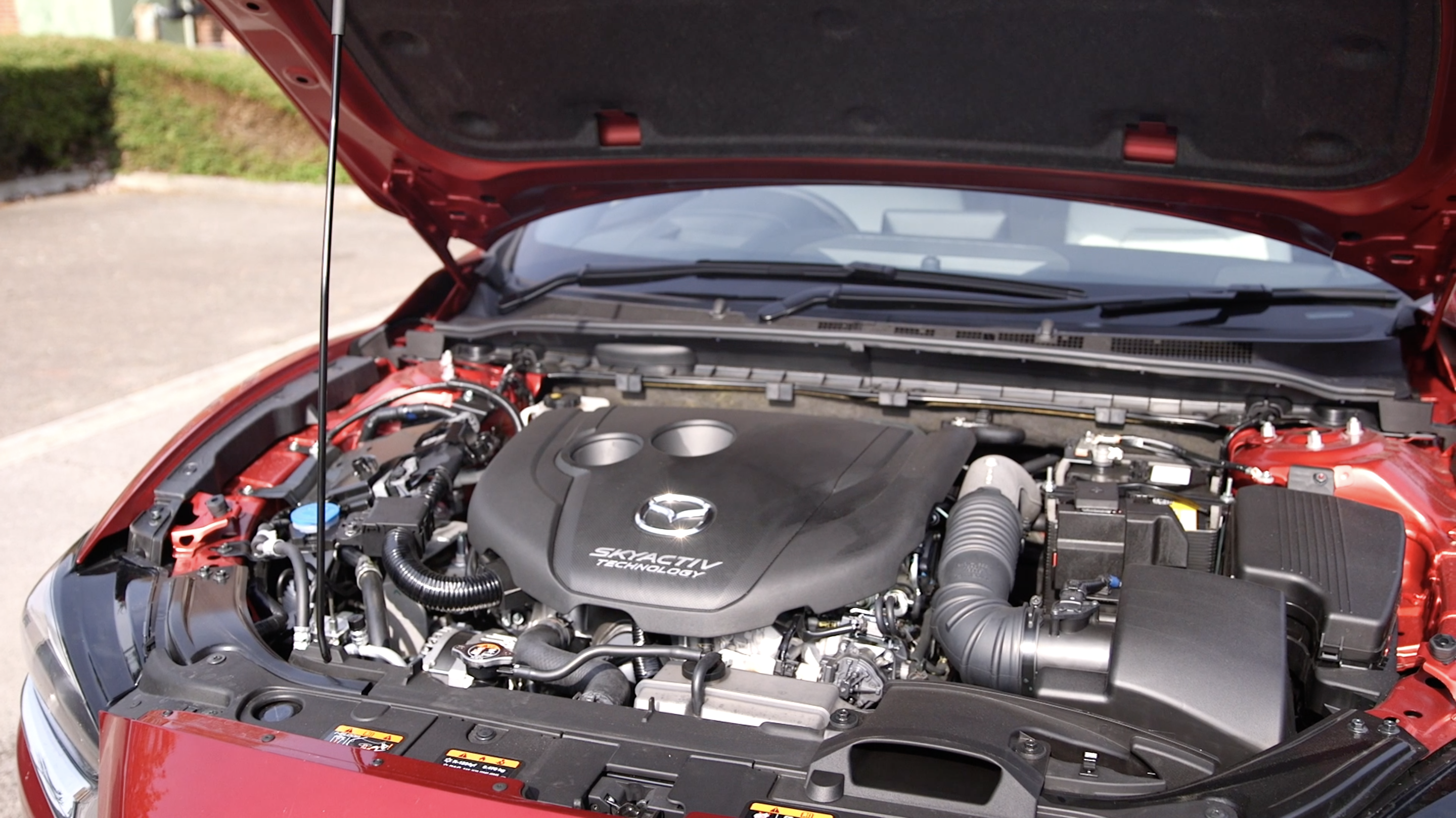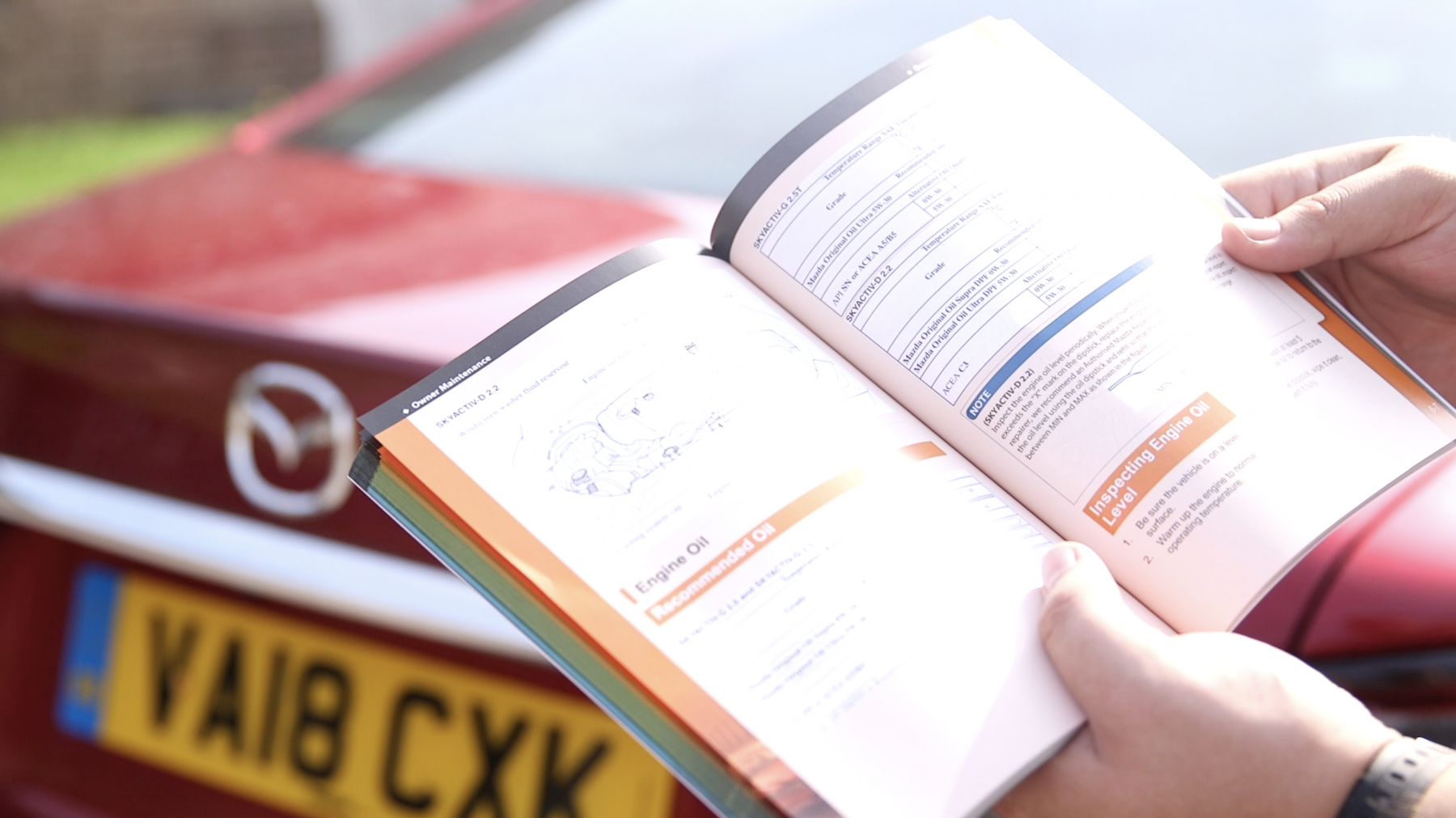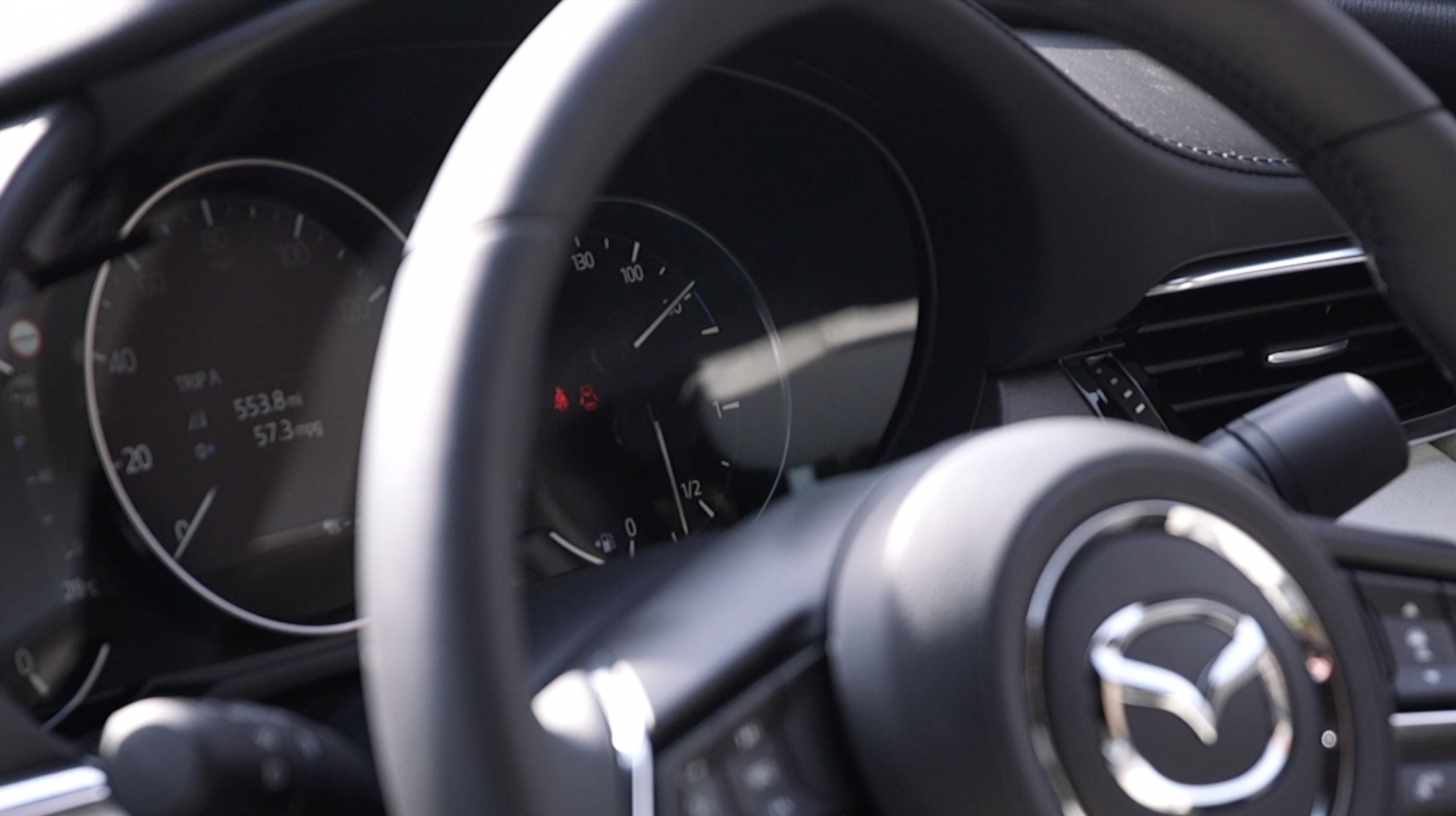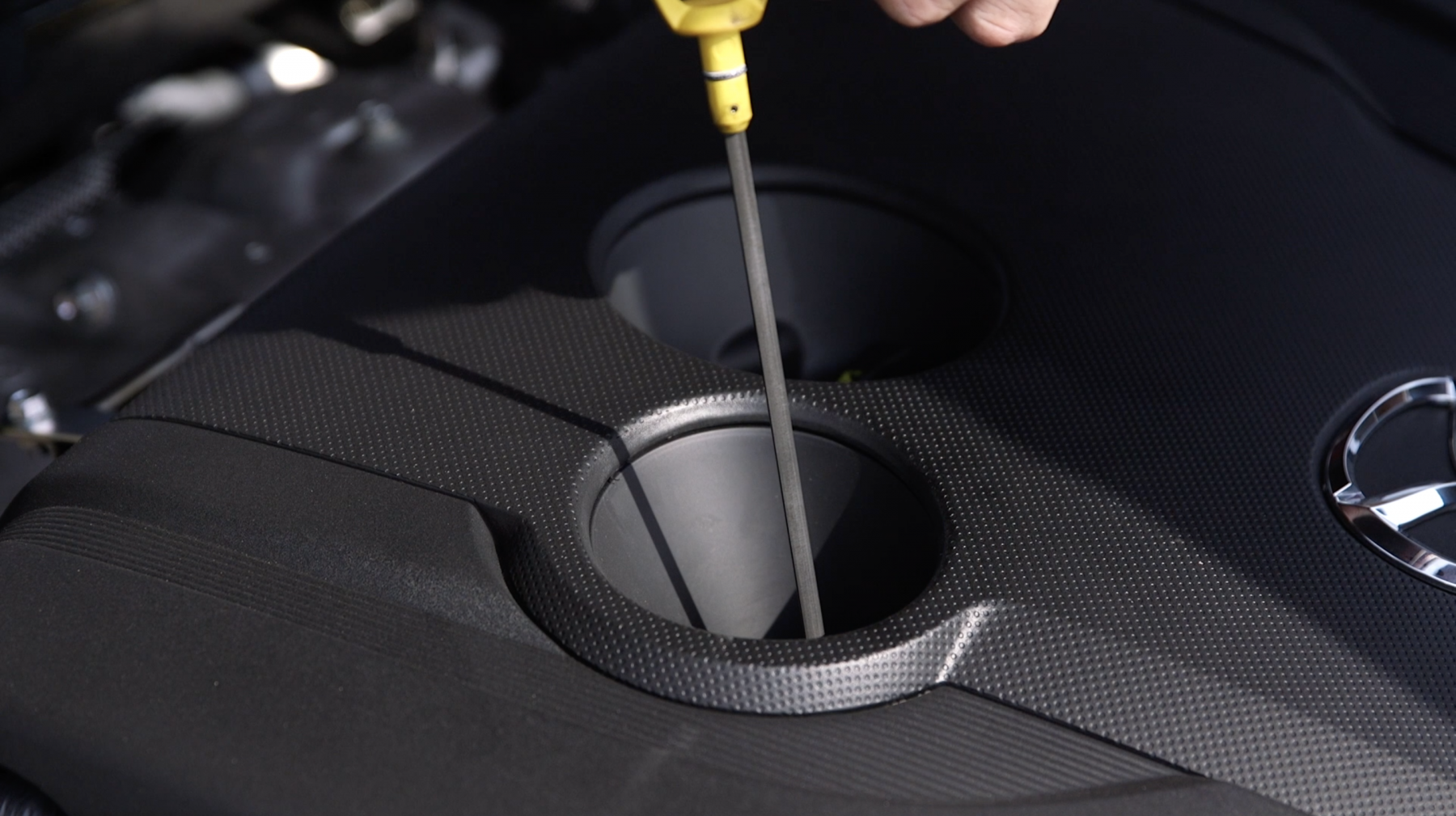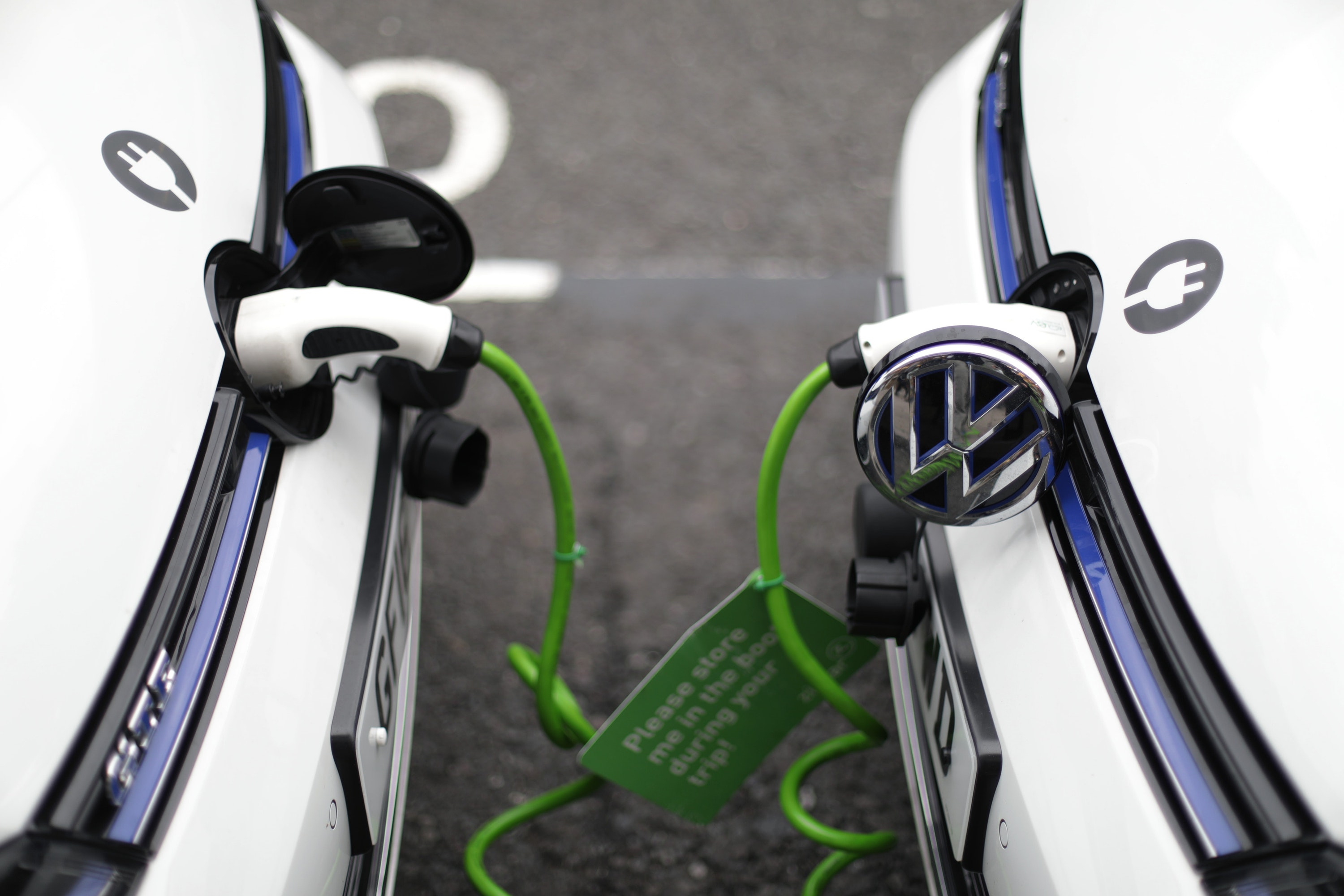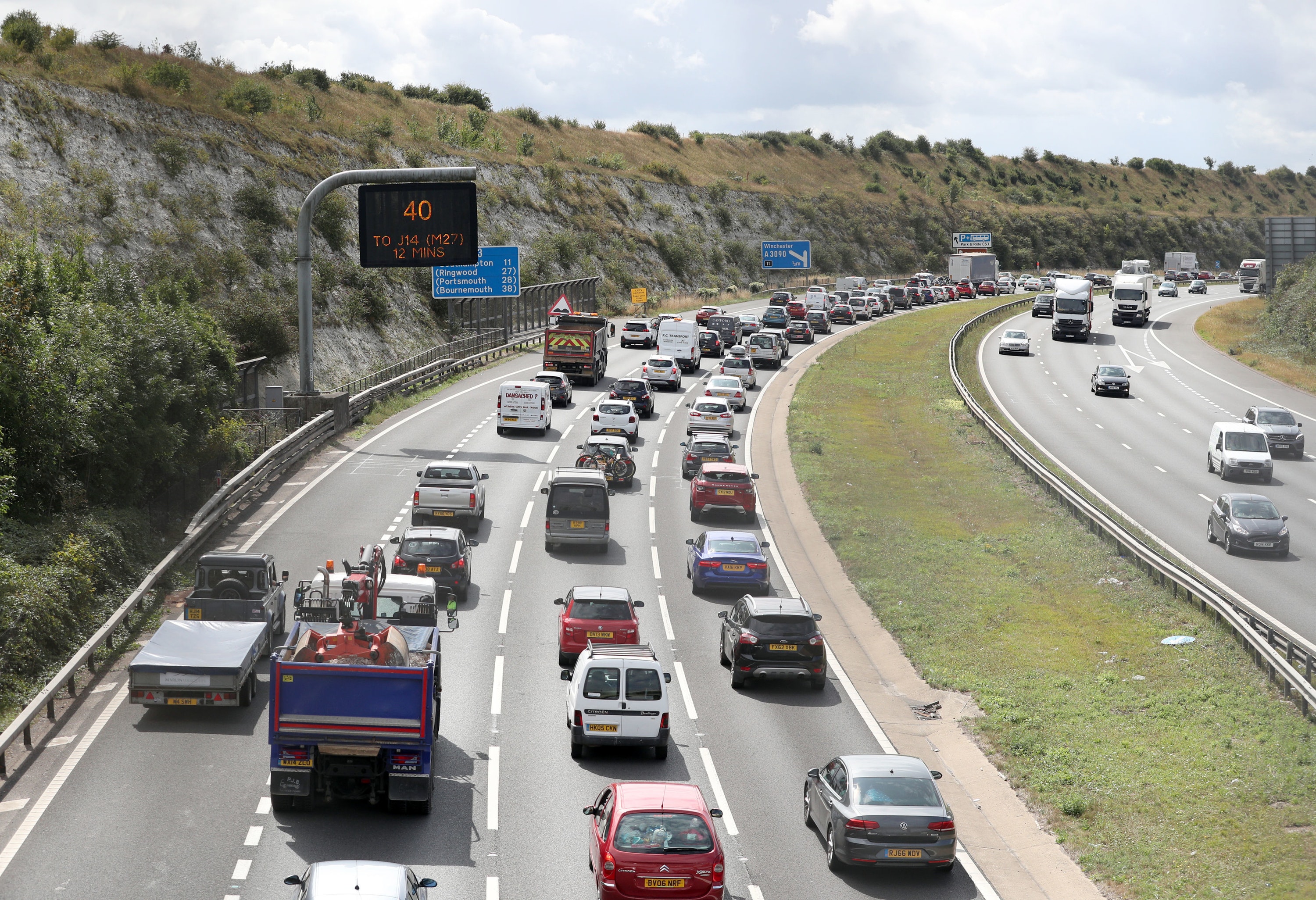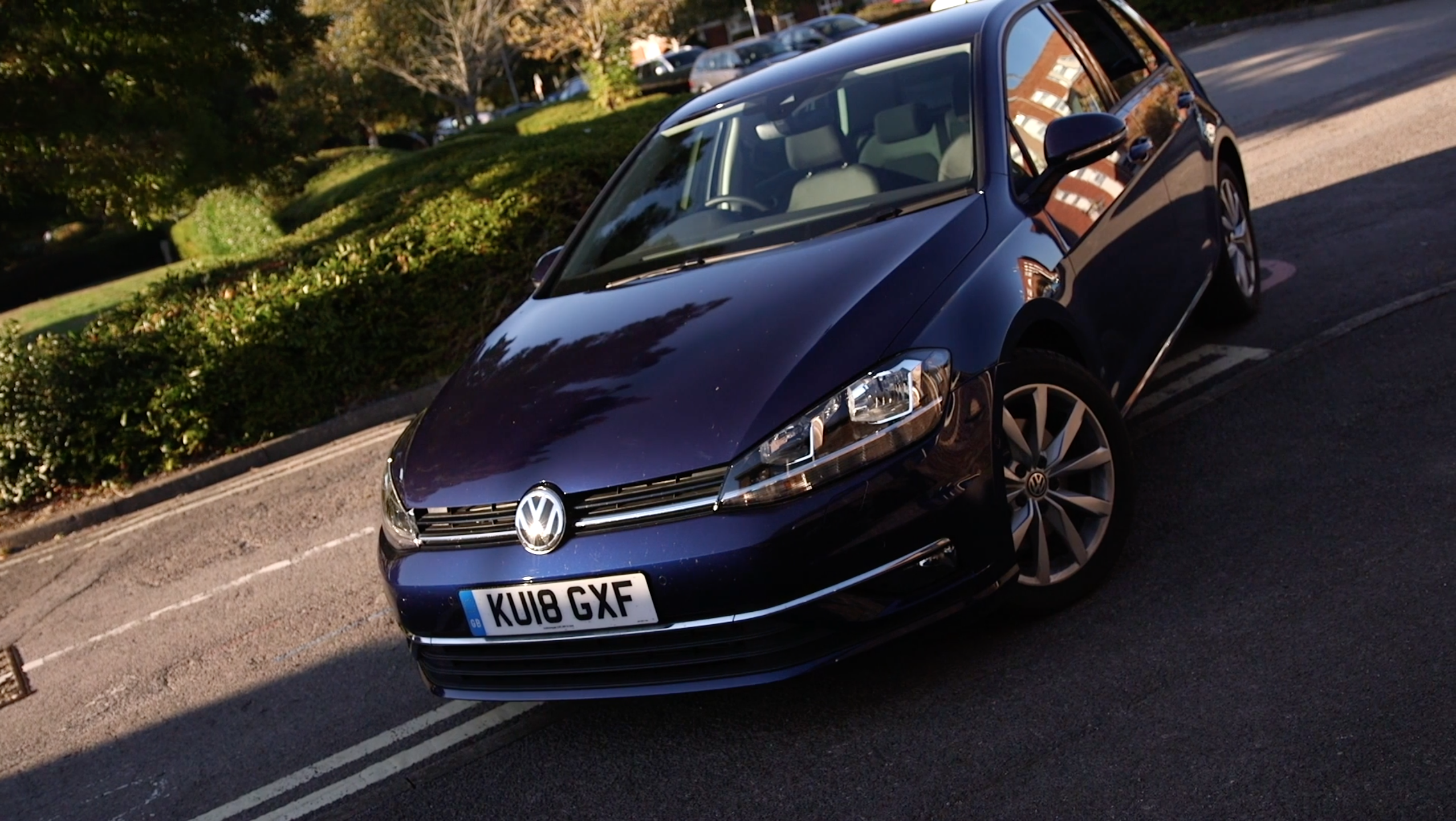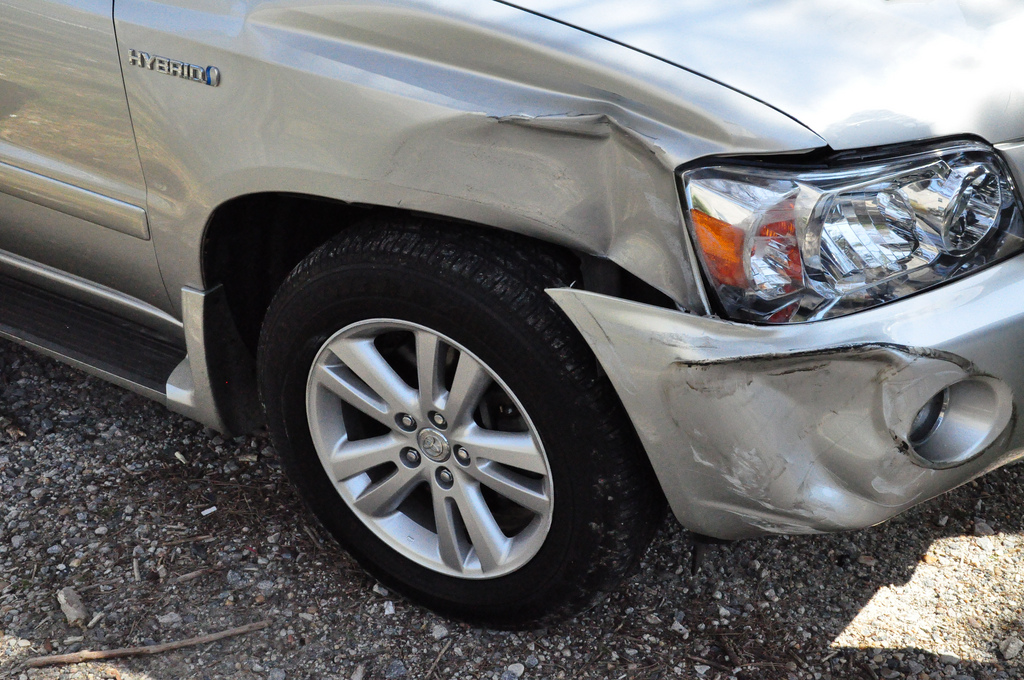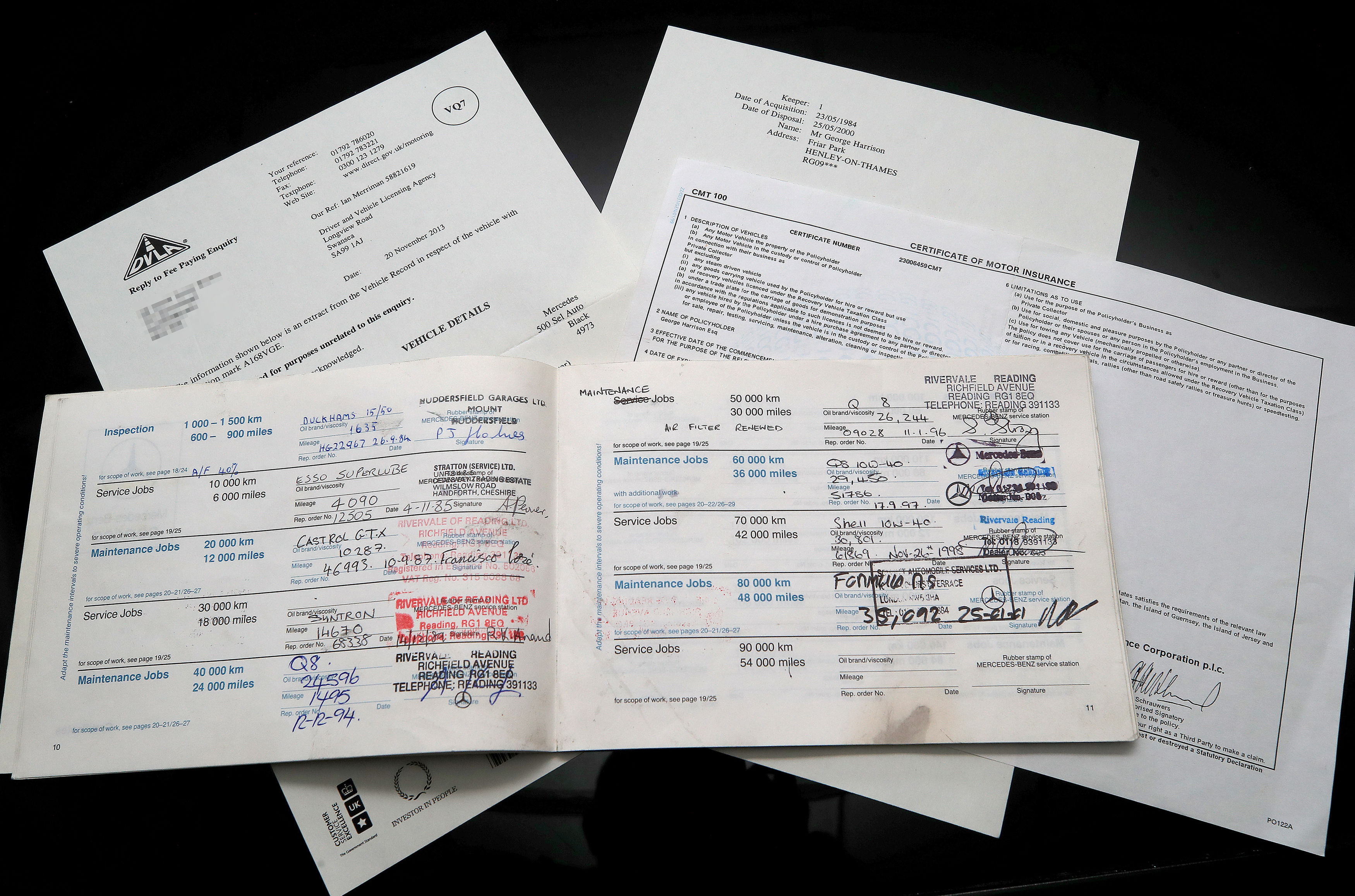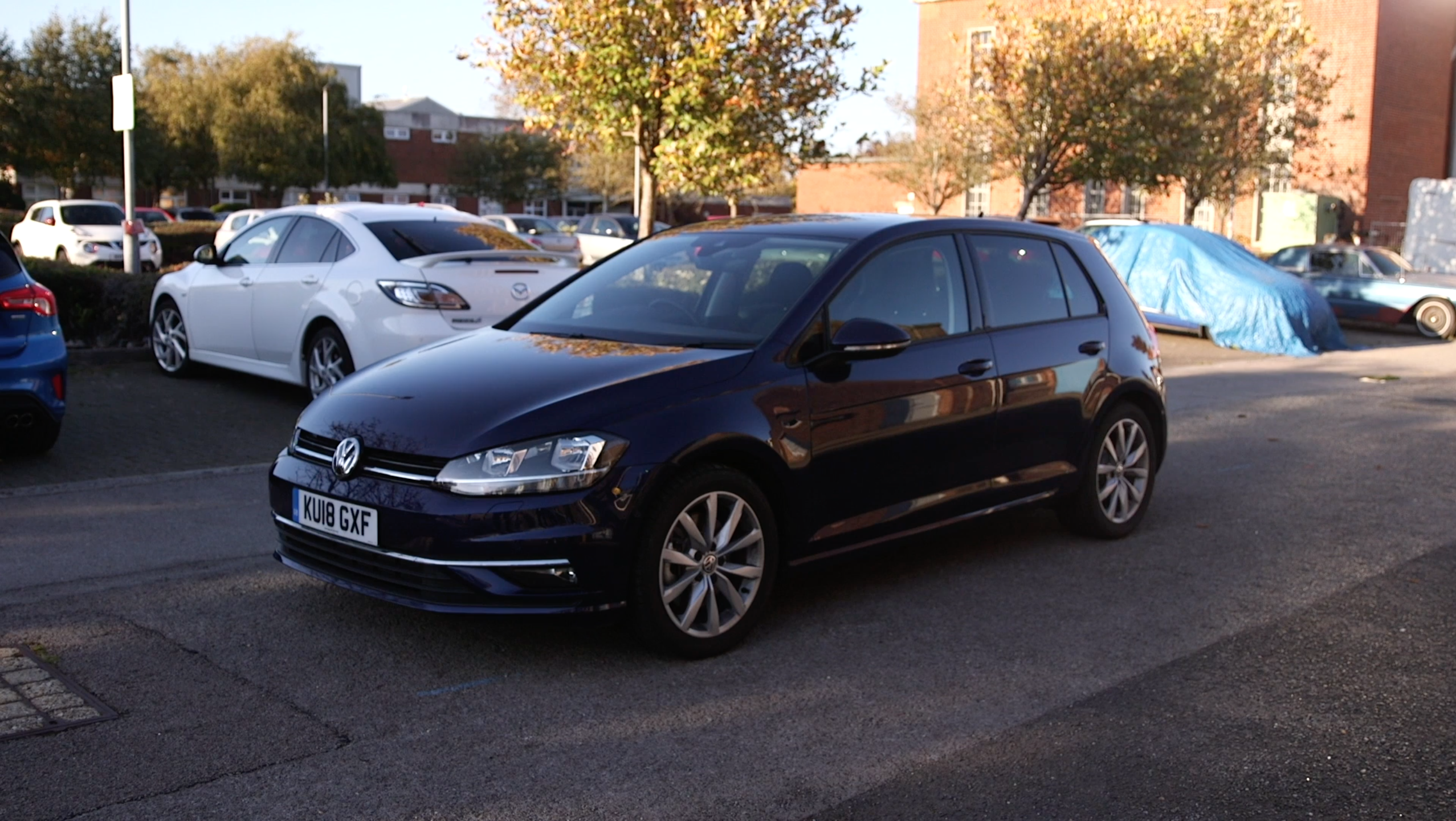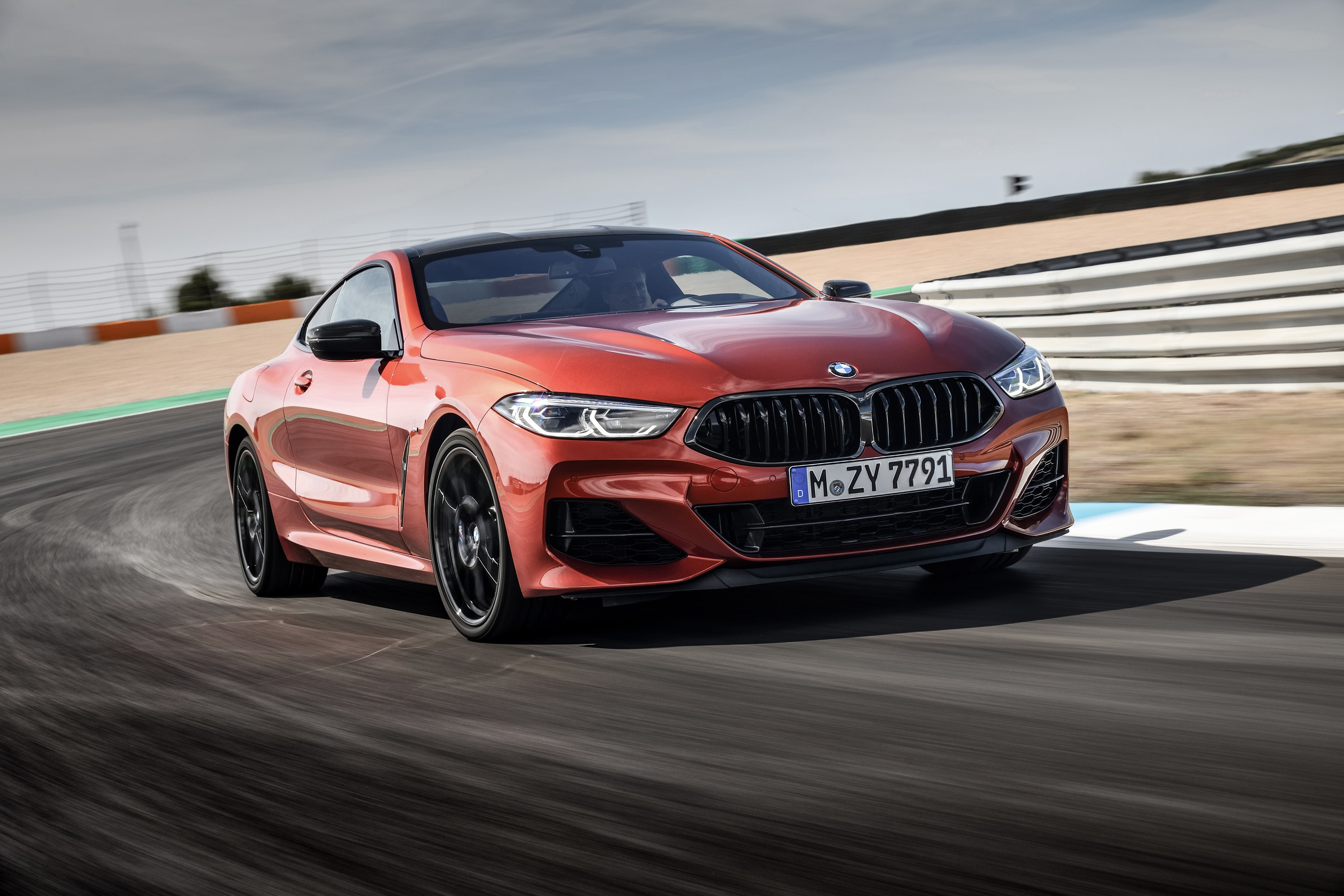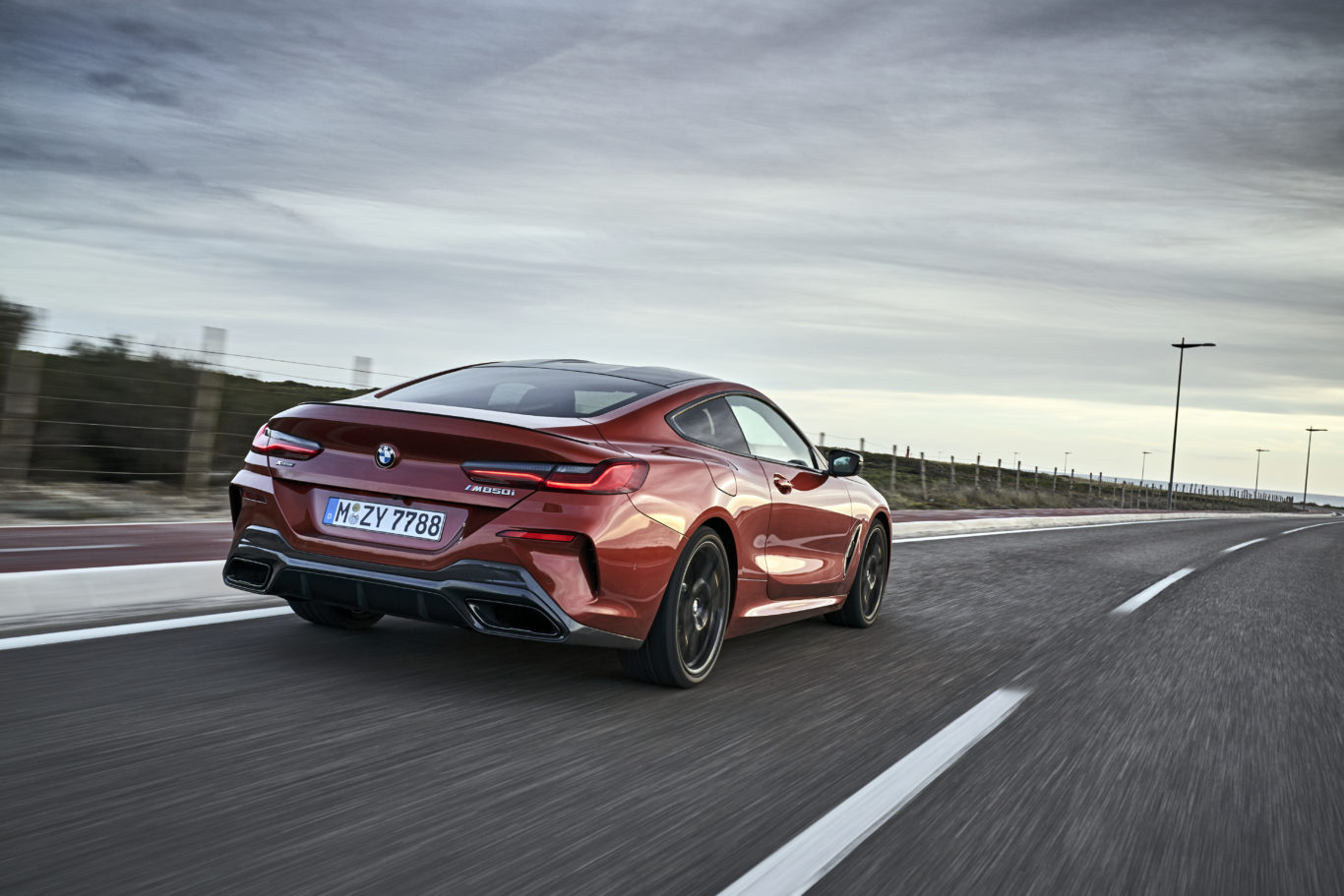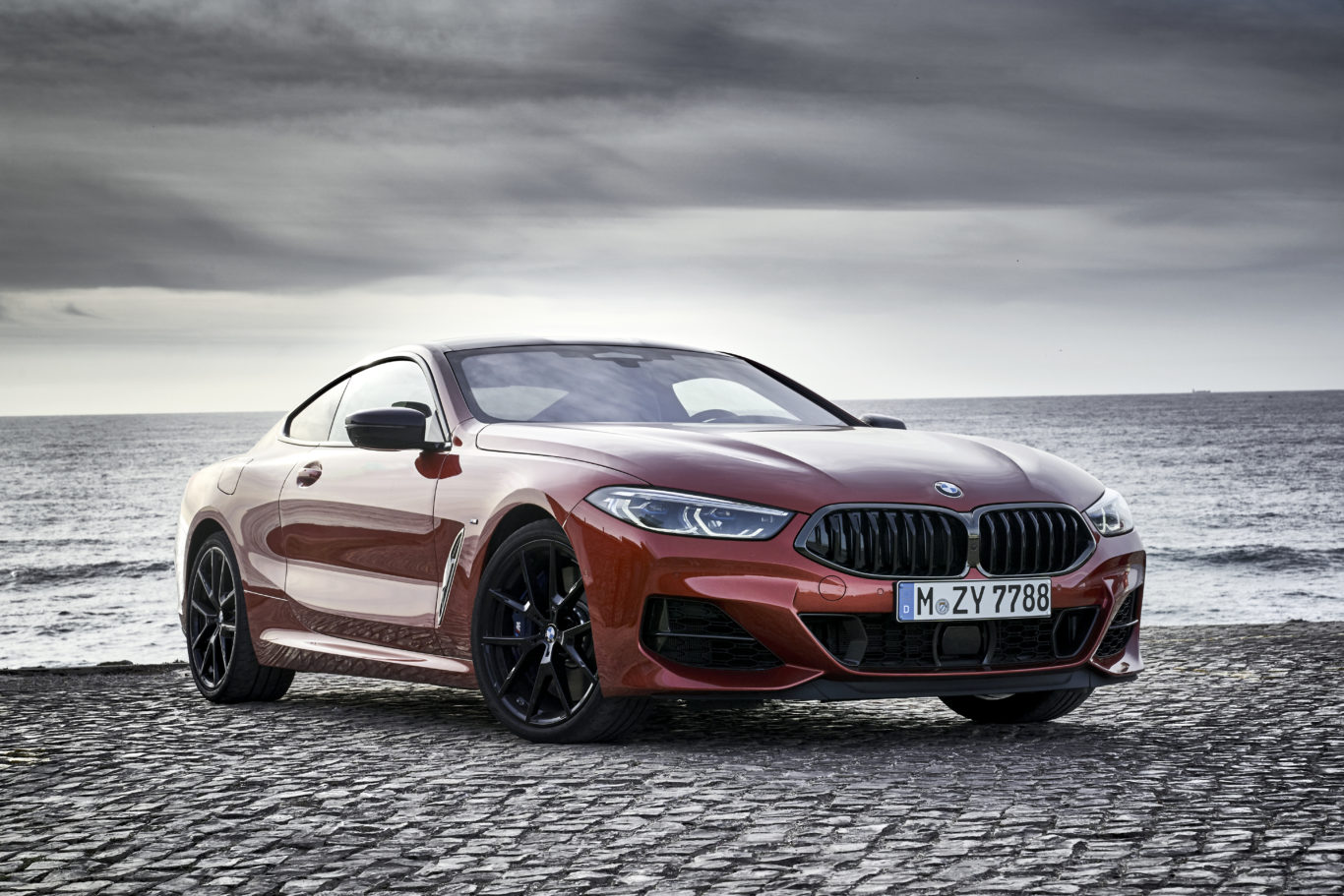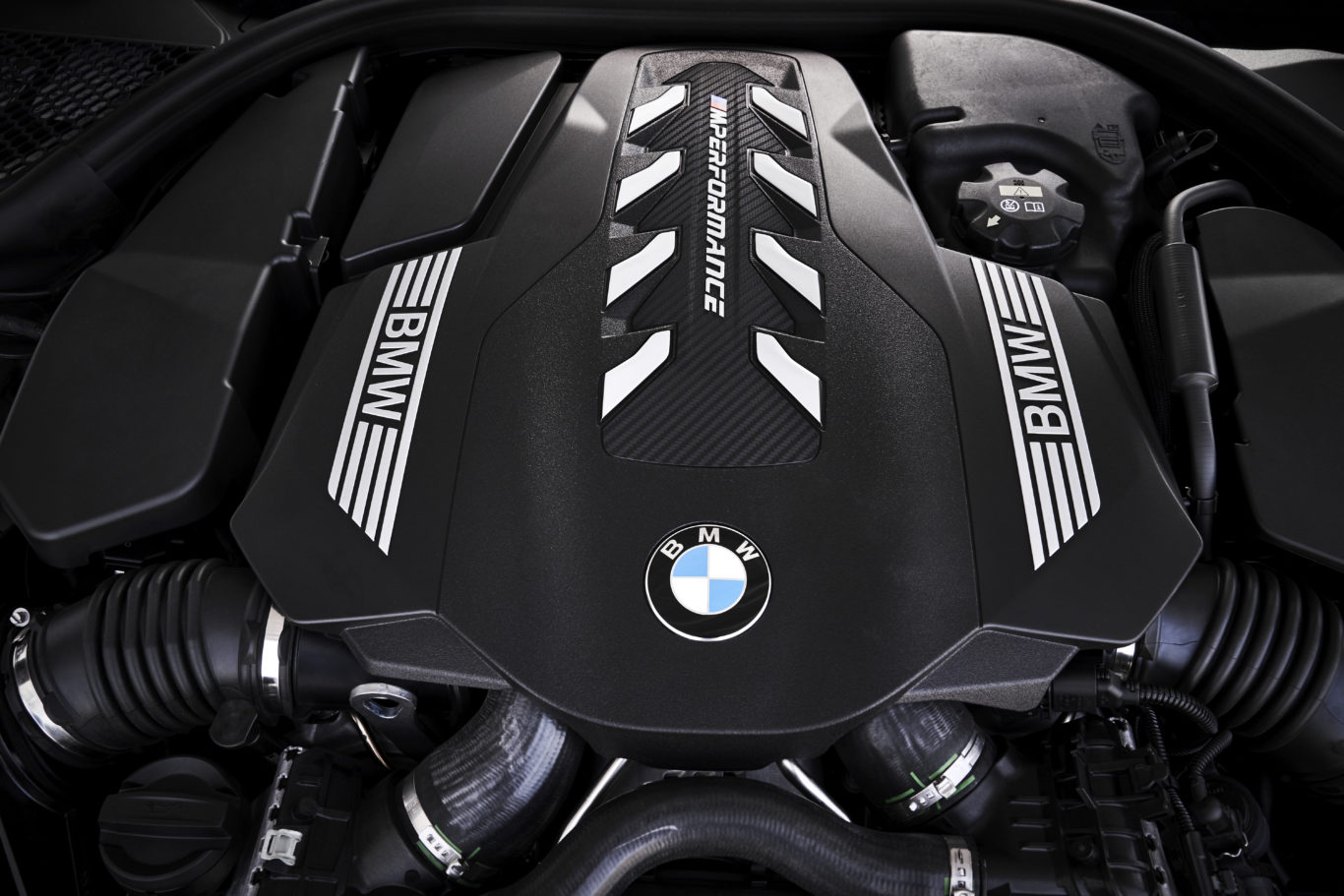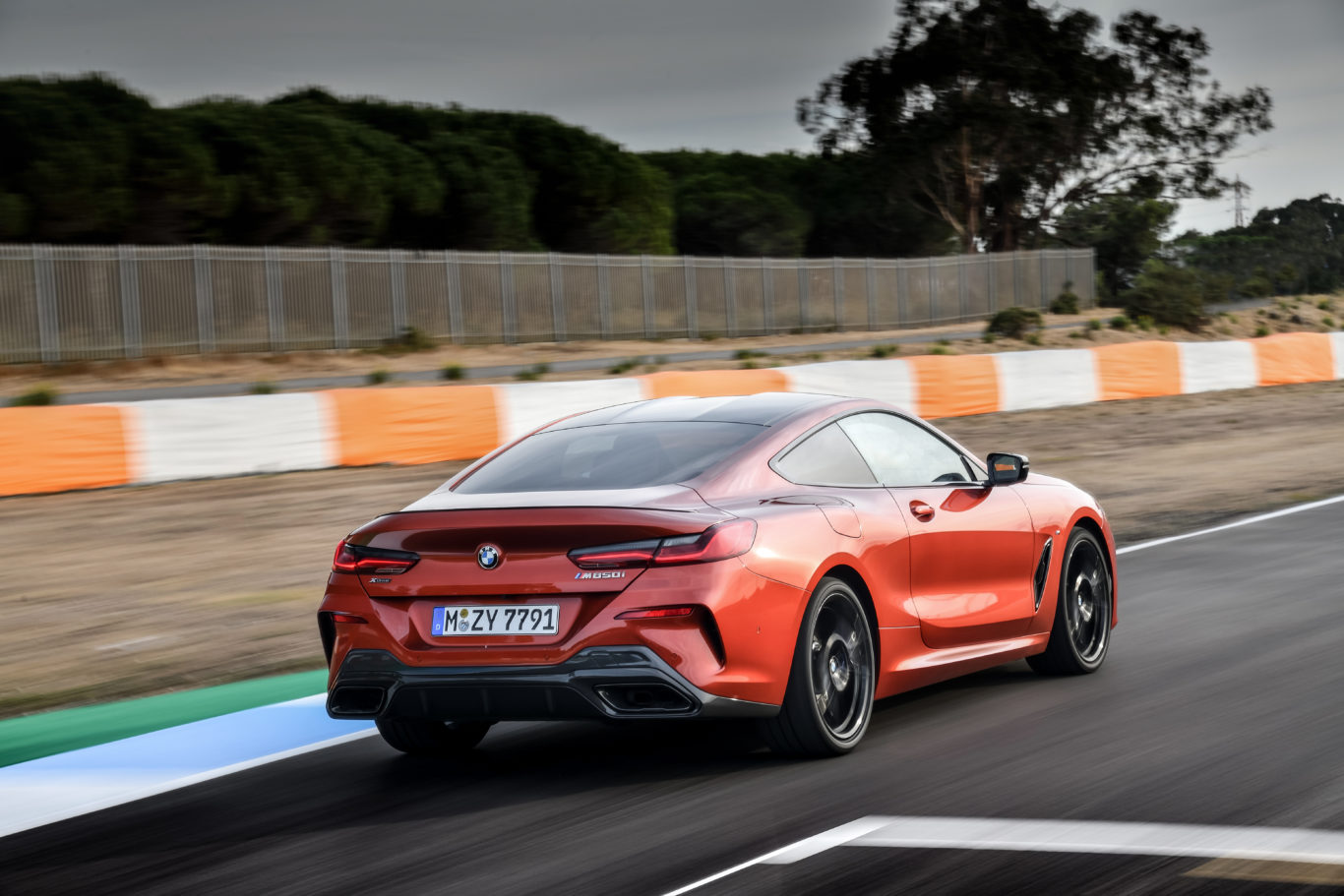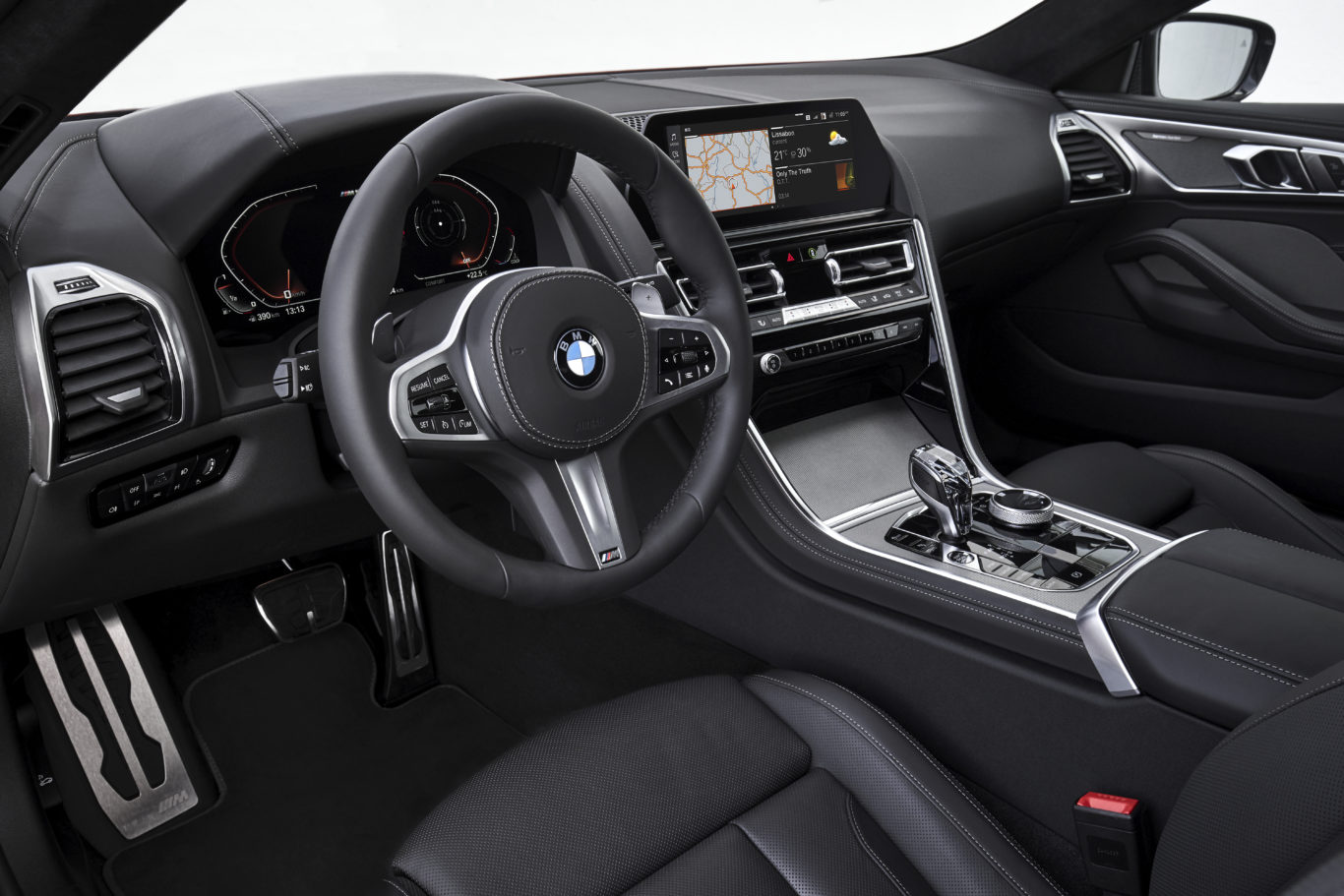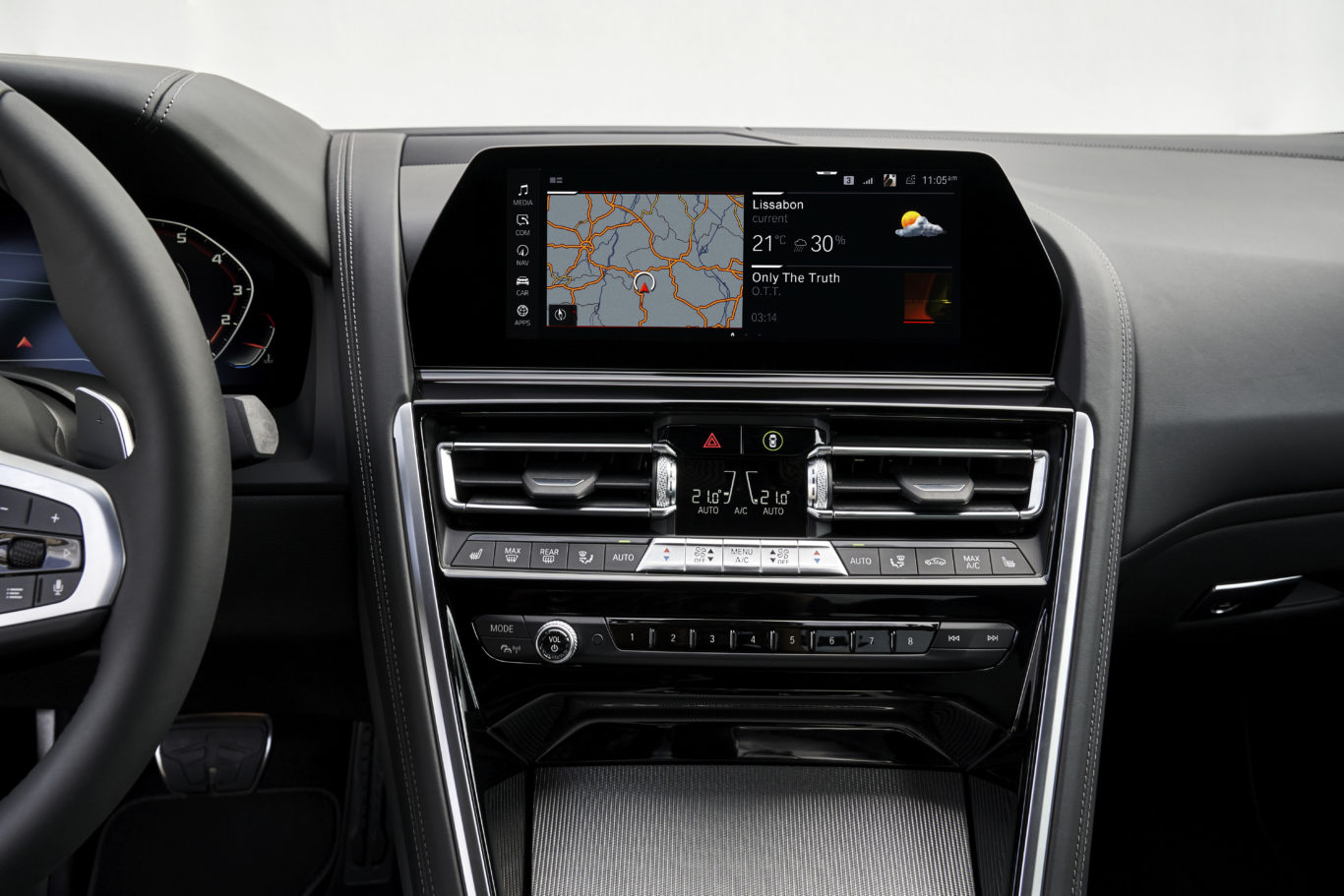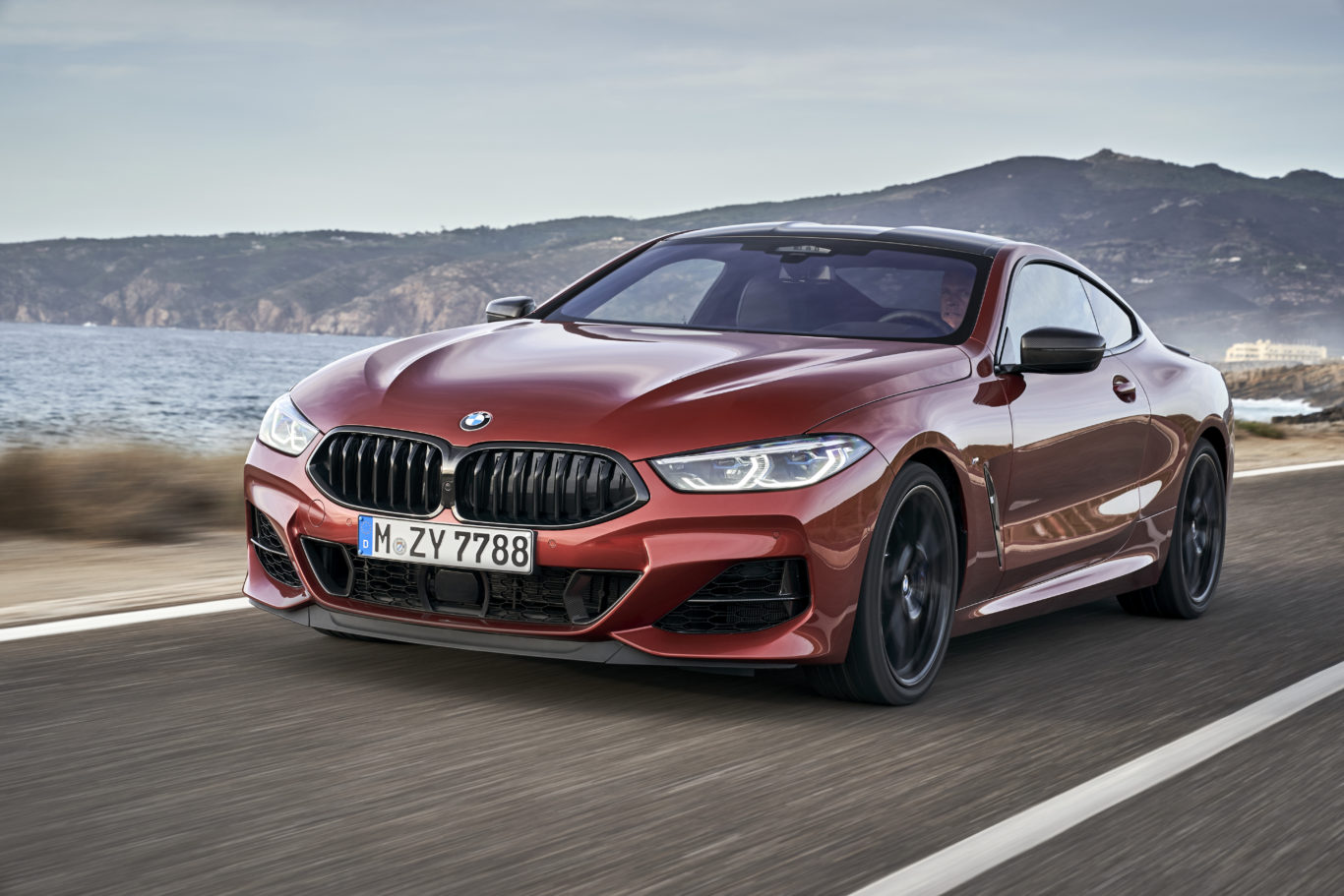For many drivers, the increasing price of fuel, complicated and fragile emissions control systems and the threat of looming taxes on petrol and diesel cars are enough to make them consider switching to an electric vehicle. The good news is, it doesn’t have to be daunting, difficult, or even expensive.
In fact, for many drivers an electric vehicle makes more sense than a petrol or diesel one. EVs have several inherent advantages, even beside their lack of tailpipe emissions. They’re smooth and simple to drive, notably in town conditions. They can cost pennies to run, especially if you make use of home charging wherever possible. And they’re even cheap to maintain, as their powertrains contain only a few moving parts and put less strain on consumables such as tyres and brakes.
However, they’re not perfect. With limited range, long charging times and a questionable infrastructure, electric vehicles won’t suit everyone.
Here are the factors you need to consider before buying an electric car.
Where do you live?
This one’s important. Sorry to say it, but if you live out in the sticks an EV probably won’t be the best choice. People who live in or near major towns and cities are best placed to make use of an EV – they’re ideally suited to town driving and can be charged up at public charge points, which tend to be on main routes.
Also consider your home. If you’ve got a driveway or garage that’s ideal, as you’ll be able to fit your own charging station. A few companies offer these, and they tend to be plumbed directly into your home’s power supply. A car that would take a whole night to charge from a standard 3-pin plug socket can be topped up in a few hours from one of these charging points.
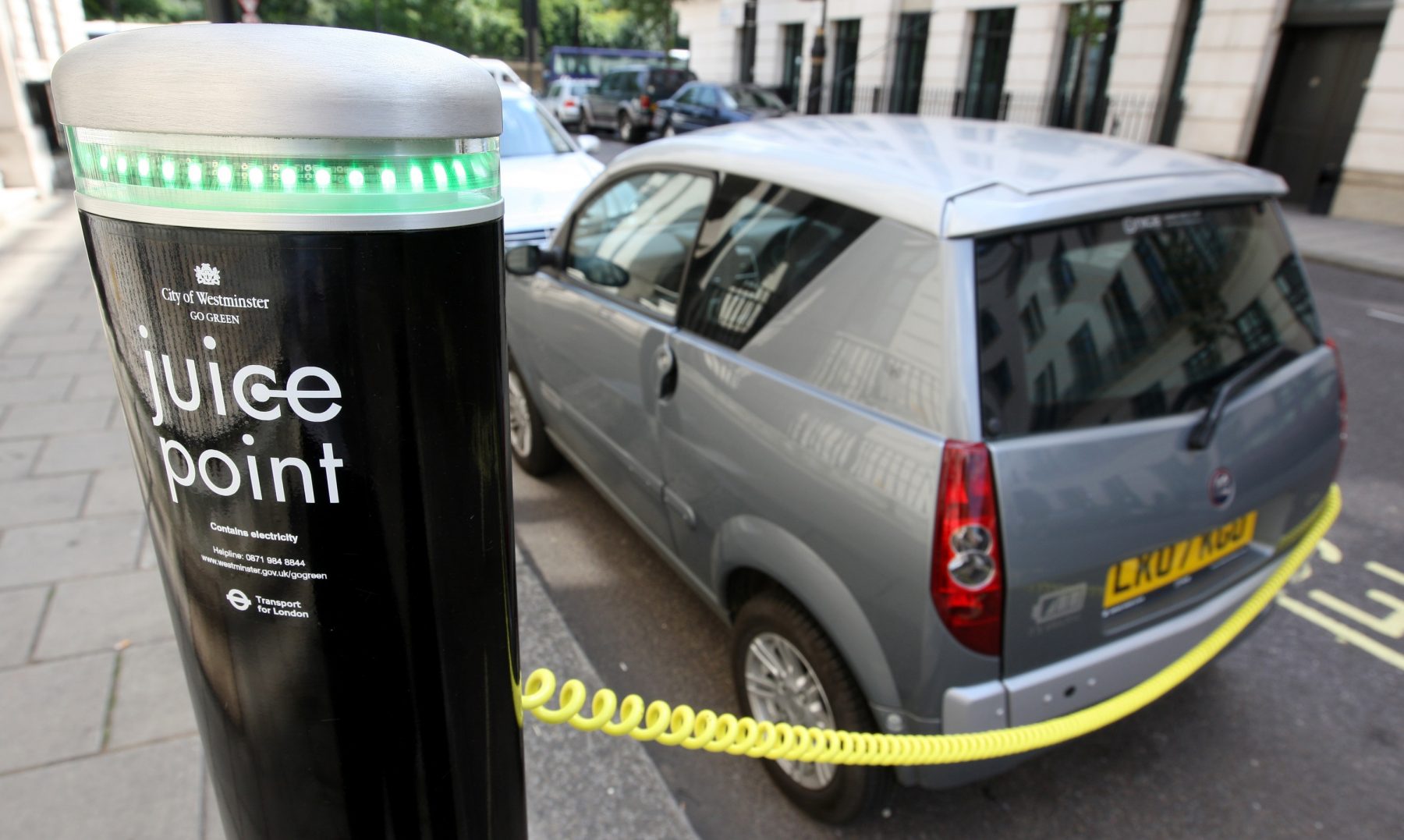
Flat and apartment dwellers aren’t quite so lucky, although many new-builds are being provided with spaces in which to charge an electric car.
What kind of journeys do you do?
There’s a wide array of electric vehicles on the market, with models capable of barely 100 miles on a full charge rubbing shoulders with high-mileage heroes able to rack up around 300 miles. Unsurprisingly, in most cases you pay more for cars with a higher range.
If you regularly undertake long trips you’ll still be much better off with a diesel car. The electric car infrastructure isn’t yet developed enough to allow for long journeys without a degree of forward planning – you’ll need to work out in advance where to stop and charge.
Even that doesn’t come with total peace of mind, as maintaining a functioning network of charging points is proving beyond the abilities of some firms. You may find the chargers simply don’t work as they should and force you to go away and search for another – all while the charge is dwindling.
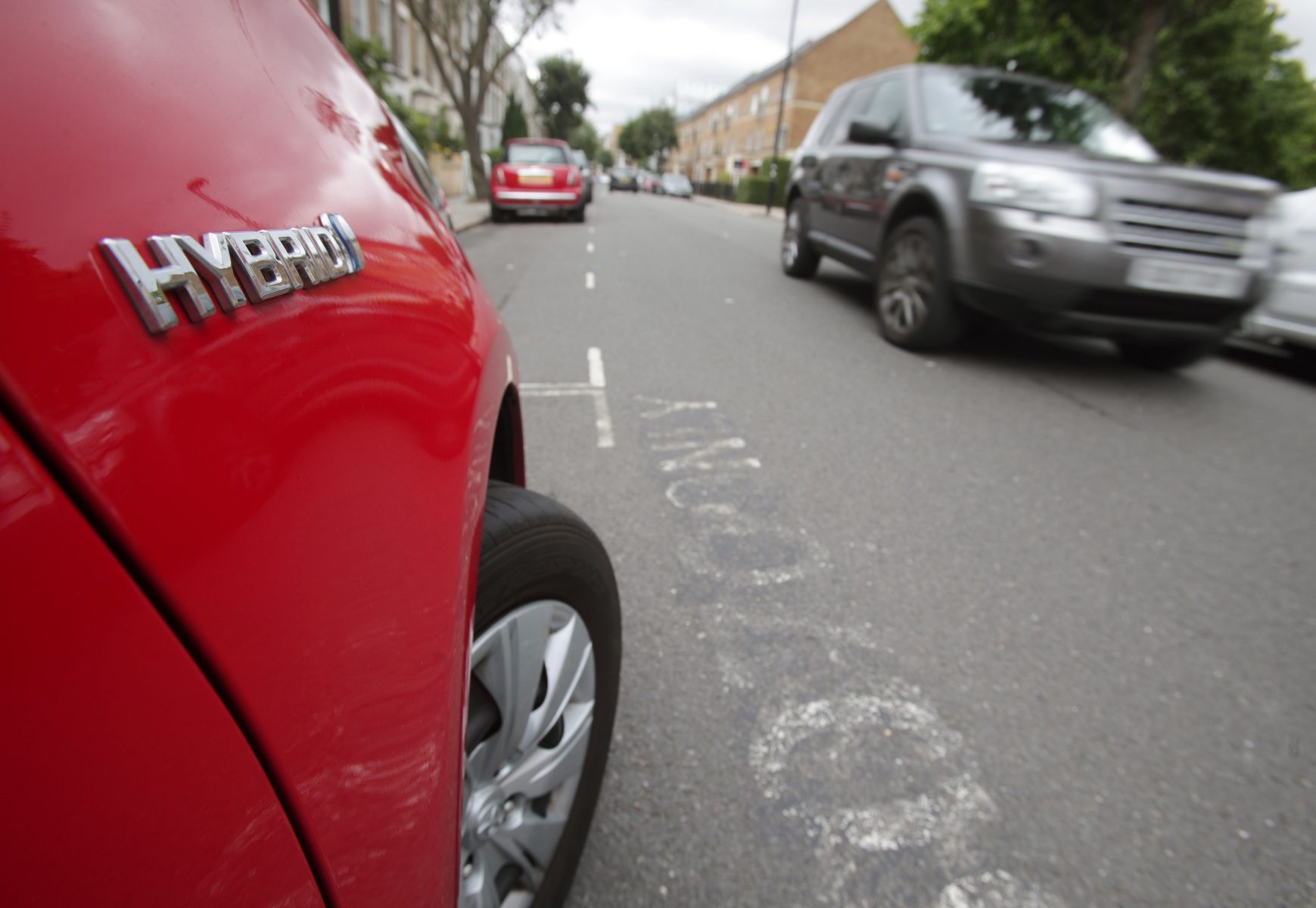
Electric cars work best for drivers with predictable journeys of a reasonable length. Have a 50-mile commute? Absolutely perfect. You’ll be able to get to and from work without an issue in most cars on the market and it’ll cost you mere pennies.
You must also bear in mind the effect that different types of driving have on the battery. Regular motorway use will see your range tumble, as will driving in winter with heating, lights and wipers all running. It’s always best to leave a buffer of range wherever you go.
Do you enjoy driving?
This is an interesting dilemma. Electric sports cars and supercars do exist, but they’re far beyond most people’s budgets. The majority of drivers will be looking at something around the size of a traditional hatchback.
Around town, most electric cars of this size are extremely enjoyable to drive. They offer instant torque and will outrun many a hot hatchback up to 30mph or so. In addition, regenerative braking allows you to drive on a single pedal, making things very easy and quite a lot of fun.
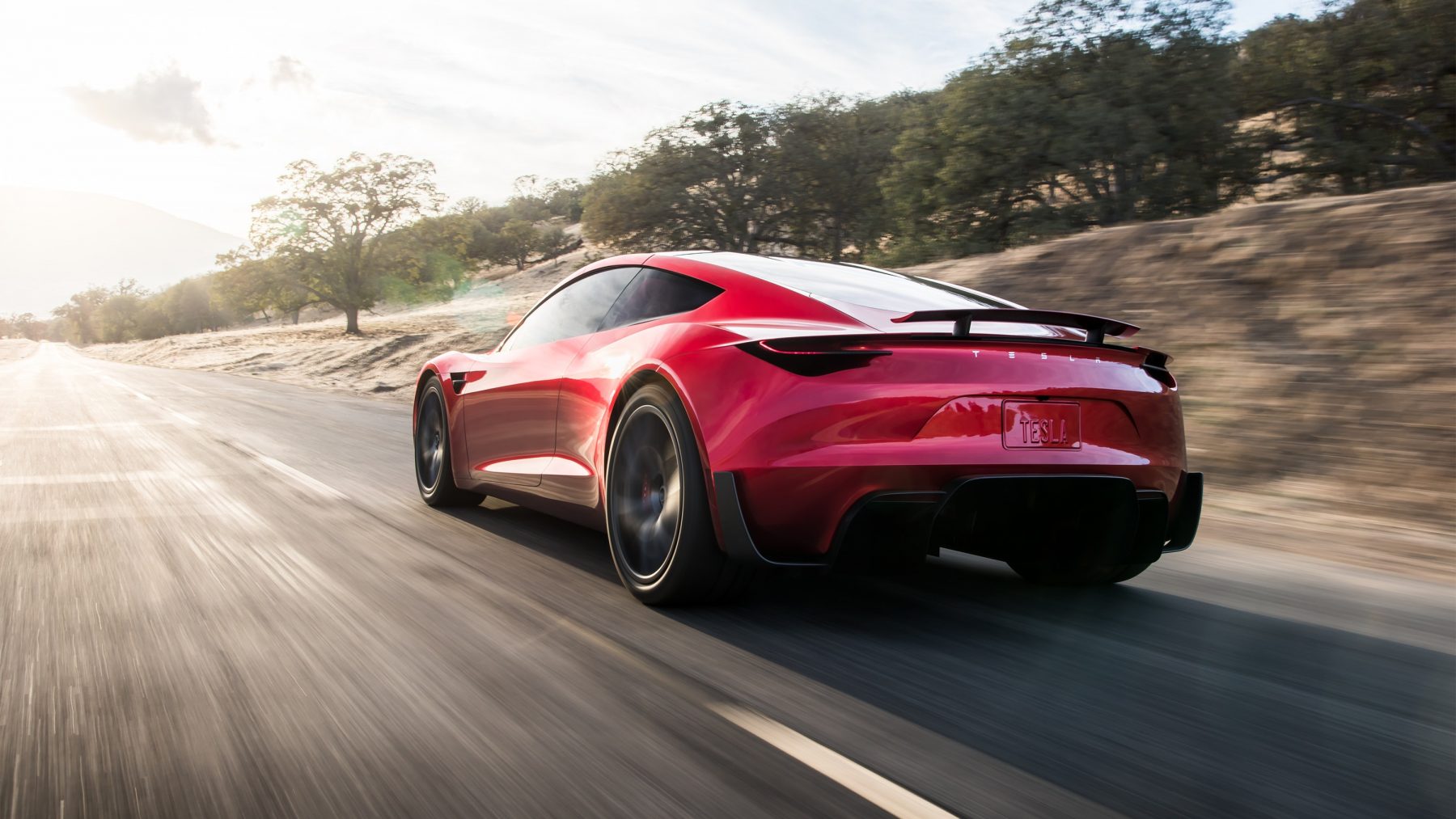
On faster roads though, serious petrolheads might miss the involvement that a combustion-engined sports car can bring. EVs are heavy, often lack power at the top end and don’t offer the theatre of a screaming petrol engine.
What’s your budget?
Electric vehicles are expensive for car manufacturers to build, and although prices have come down there’s still a premium to be had over their conventionally powered brethren. For the price of a 113bhp Volkswagen e-Golf, for example, you’d be able to bag a range-topping GTD – with 80bhp extra and lots of toys.
However, once you’ve got your EV you shouldn’t need to dip too far into your pockets to run it. Charging an electric vehicle is very cheap compared with fuelling a petrol or diesel car, and unless it costs over £40,000 to buy then vehicle tax is free.

Maintenance is easy too. Comparing a combustion engine to an electric motor is like comparing sudoku to The Very Hungry Caterpillar – EVs have barely any moving parts, so the powertrains should be flawlessly reliable. Use of regenerative braking means consumables such as tyres and brakes last longer too, and of course you won’t need to change the oil, fan belt, auxiliary belt or coolant. Nor will you need to regularly top up with AdBlue, as with most modern diesel cars.
What are my alternatives?
If an EV doesn’t suit your lifestyle just yet, don’t panic – there’s always the halfway house of a hybrid or plug-in hybrid. These offer several of the advantages of EVs – including a few miles of pure electric range, low emissions, cheaper tax and impressively low running costs – but eliminate range anxiety, as they can be filled up with fuel just like a conventional car.
Hybrids and PHEVs are still rather expensive to buy, though, and may not offer anything like the advertised fuel economy, depending on your usage.
As with any new car purchase, it’s all about research, research and more research. Consider your driving style, check out electric charging points near your home or workplace, and make a note of your driving habits. Buying the wrong car is a very expensive mistake, after all.
Nevertheless, if you can buy and run an electric car, then please do. Owners often love them, and you’ll be part of a flourishing community that’s improving the environment.




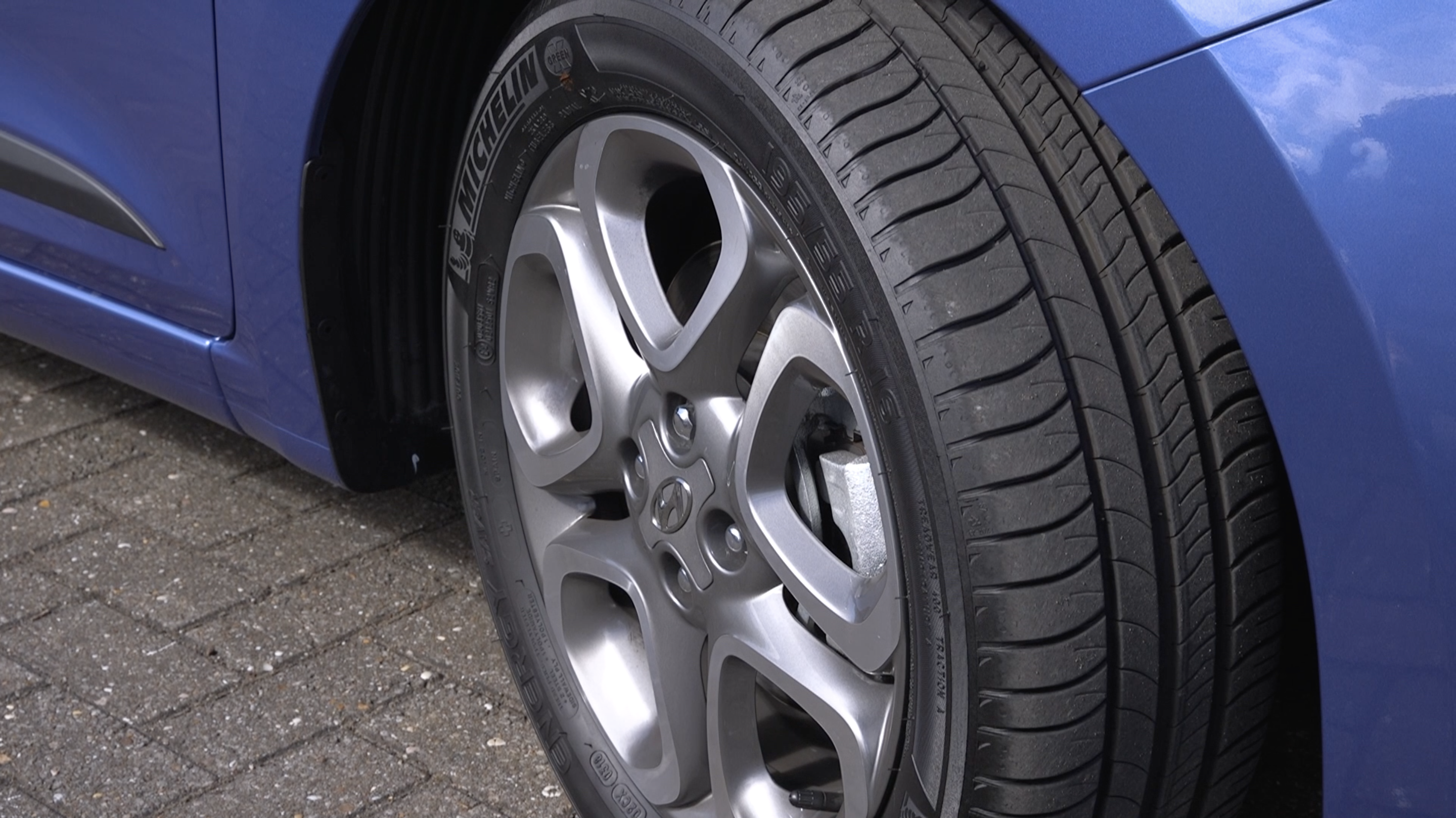
 While it may be tempting to go for those £40 tyres from a brand nobody’s ever heard of, you could be doing more harm to your wallet in the long run.
While it may be tempting to go for those £40 tyres from a brand nobody’s ever heard of, you could be doing more harm to your wallet in the long run.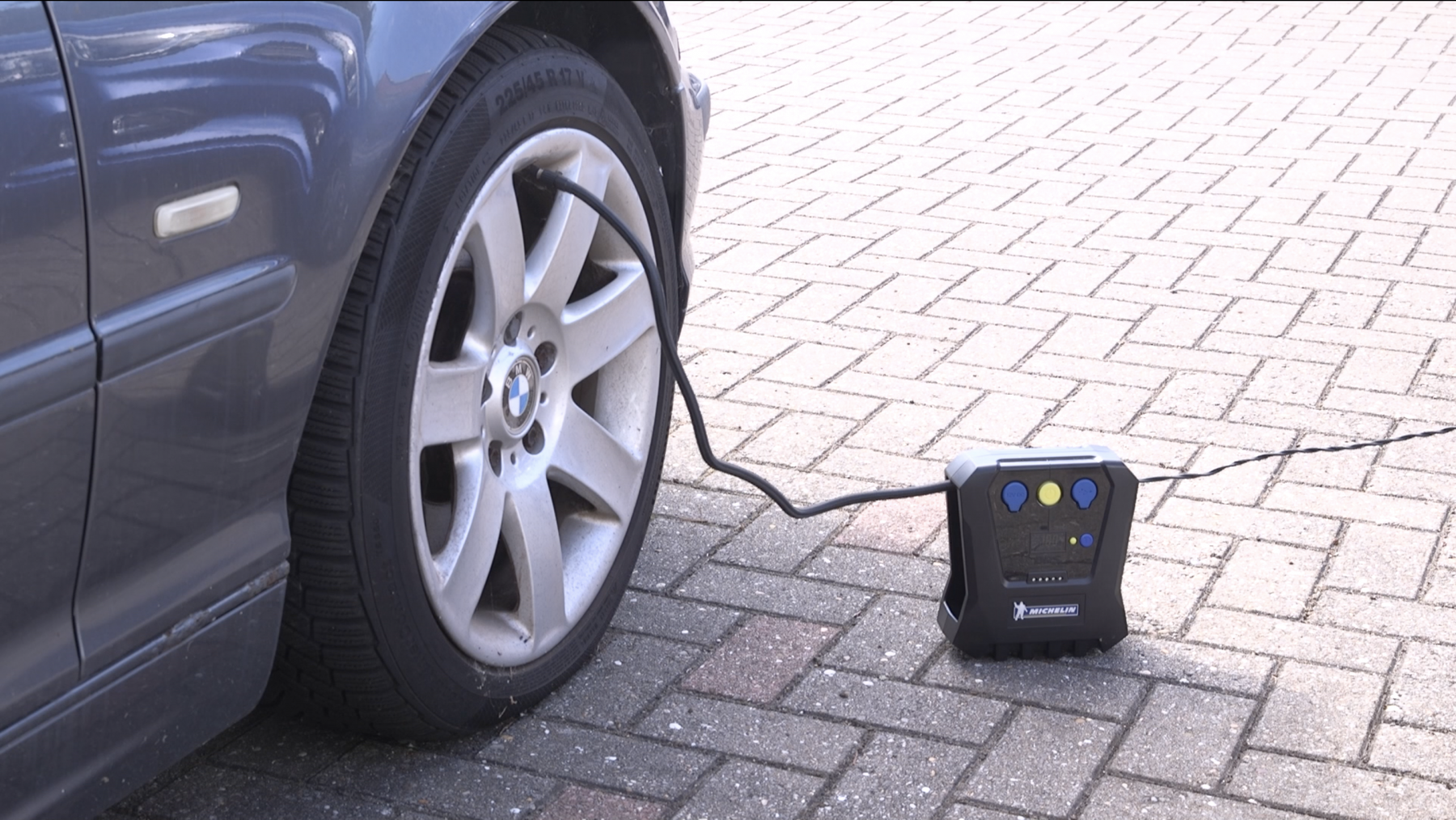 Underinflated tyres have a higher rolling resistance than those at the correct level, increasing wear on the sidewall. To keep your tyres lasting longer, regularly check pressures and keep them at manufacturer recommendations — which can be found in the owner’s manual, and inside the door sill of many cars.
Underinflated tyres have a higher rolling resistance than those at the correct level, increasing wear on the sidewall. To keep your tyres lasting longer, regularly check pressures and keep them at manufacturer recommendations — which can be found in the owner’s manual, and inside the door sill of many cars. Tread is the part of the tyre that contacts the road, and as a result, wears out. Not only is it important to ensure you have a good amount of tread for your own safety, it’s also a legal requirement to have at least 1.6mm of it on all four tyres.
Tread is the part of the tyre that contacts the road, and as a result, wears out. Not only is it important to ensure you have a good amount of tread for your own safety, it’s also a legal requirement to have at least 1.6mm of it on all four tyres. Find your right foot often pinned to the floor? Brake heavily? Corner hard? You’re probably doing some harm to your tyres.
Find your right foot often pinned to the floor? Brake heavily? Corner hard? You’re probably doing some harm to your tyres.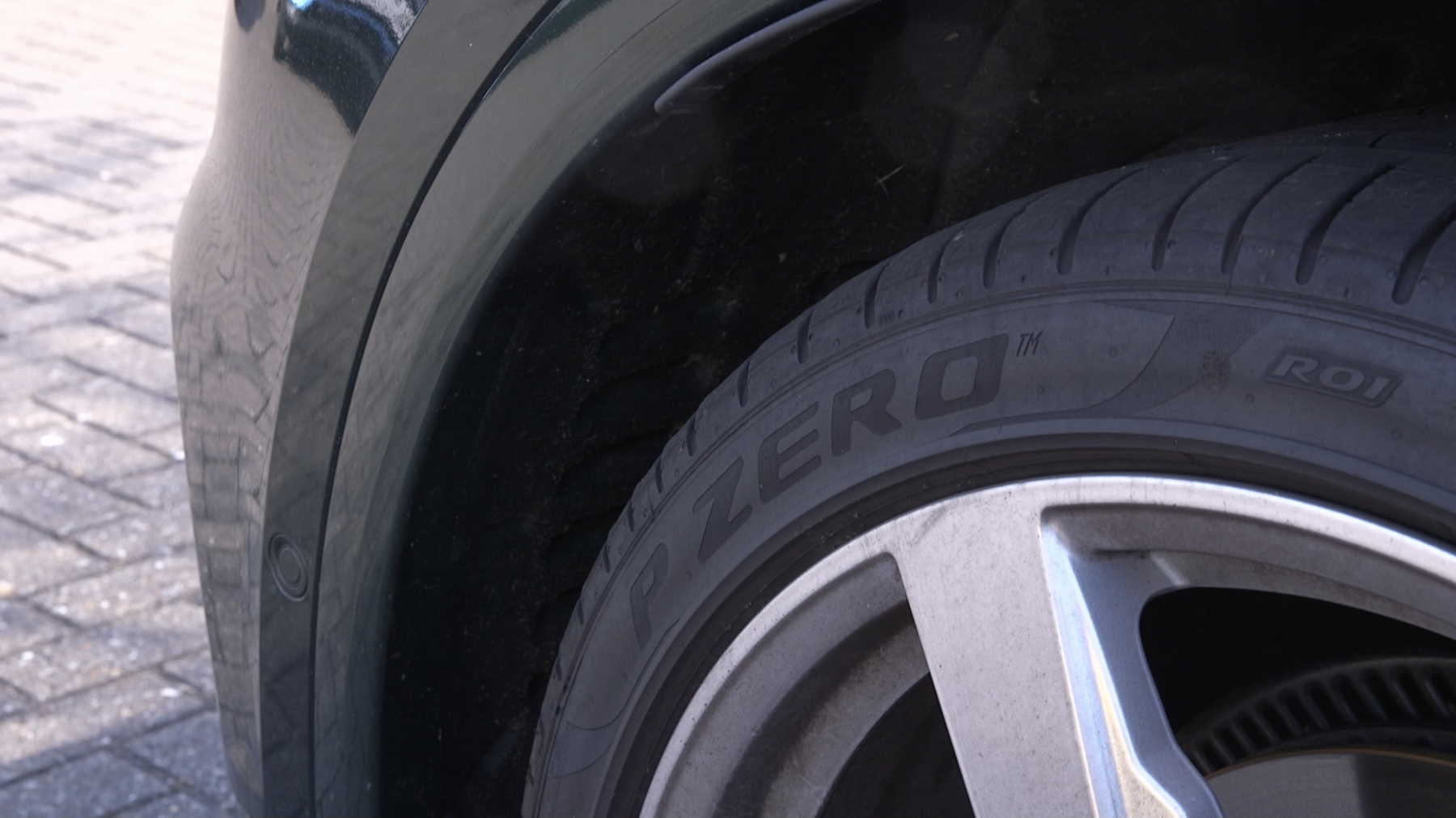 If your car’s wheels have gone out of alignment, the tyres will see more stress on a smaller contact patch. The result is quicker and uneven wear.
If your car’s wheels have gone out of alignment, the tyres will see more stress on a smaller contact patch. The result is quicker and uneven wear.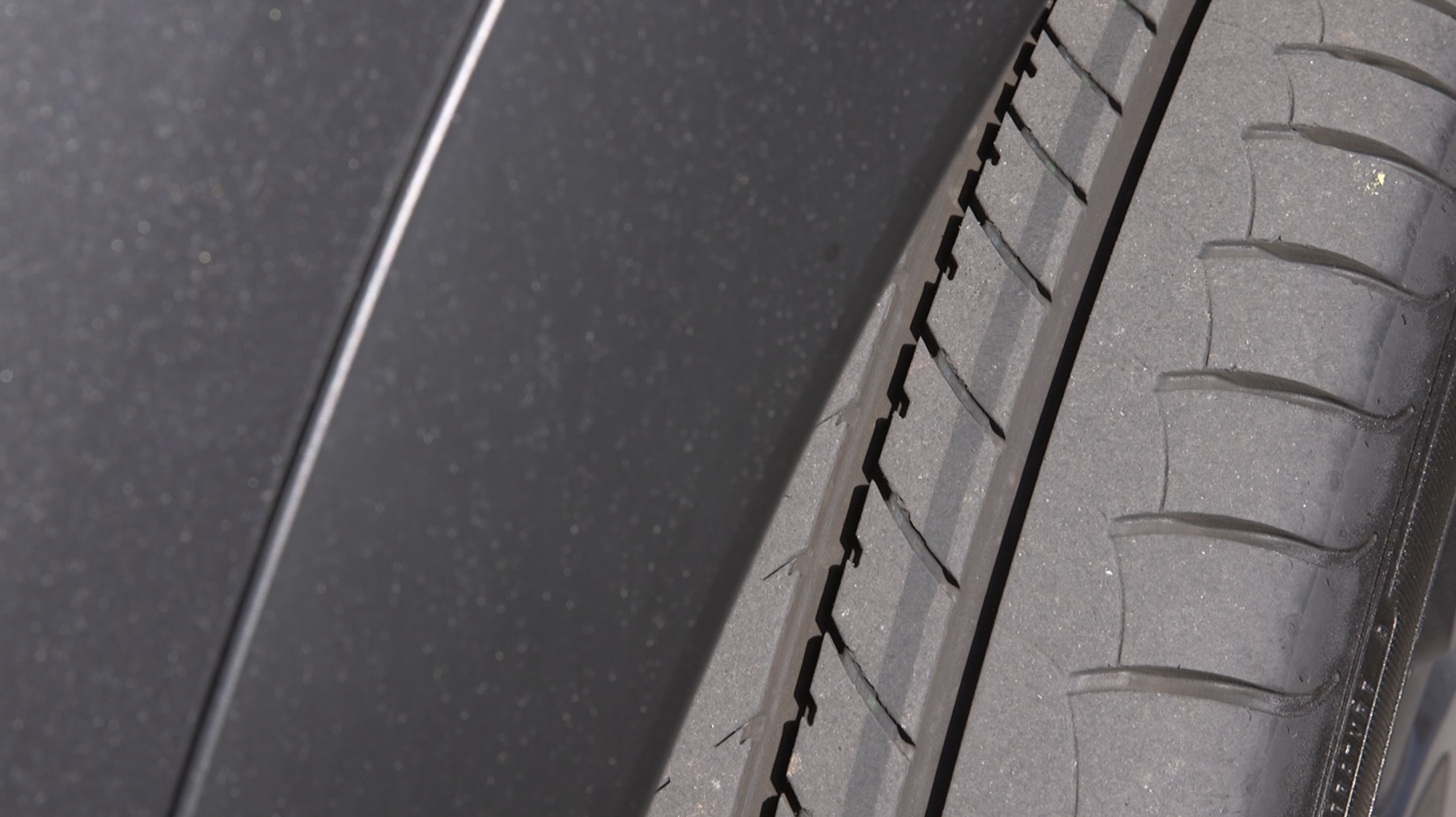 No matter how careful your driving style, new your tyres are or even if they’ve all been fitted at the same time — they’re going to wear unevenly.
No matter how careful your driving style, new your tyres are or even if they’ve all been fitted at the same time — they’re going to wear unevenly.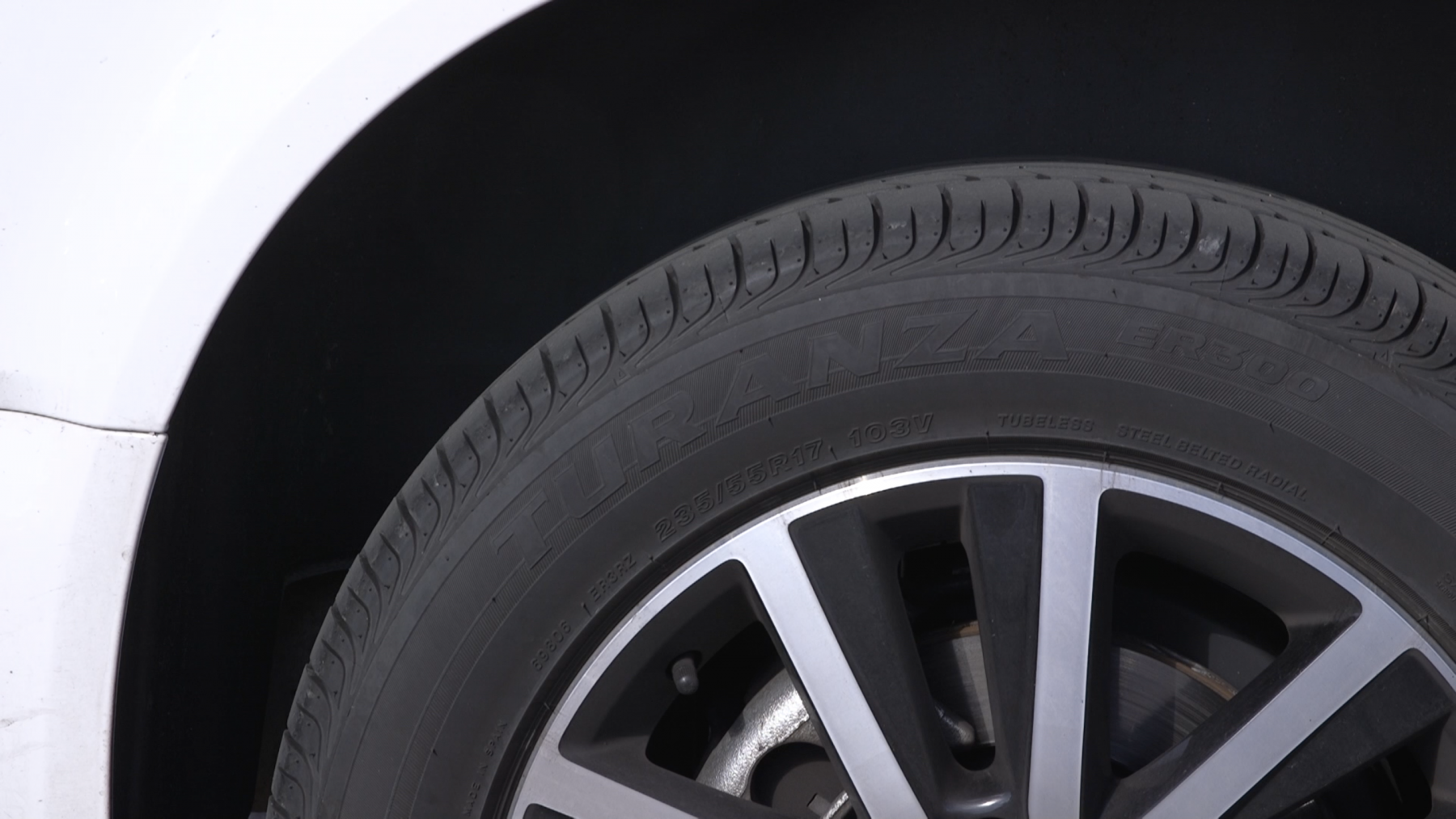 While all-season tyres can offer plenty of grip all year round, splashing out for season-specific tyres can keep prepared for all eventualities.
While all-season tyres can offer plenty of grip all year round, splashing out for season-specific tyres can keep prepared for all eventualities.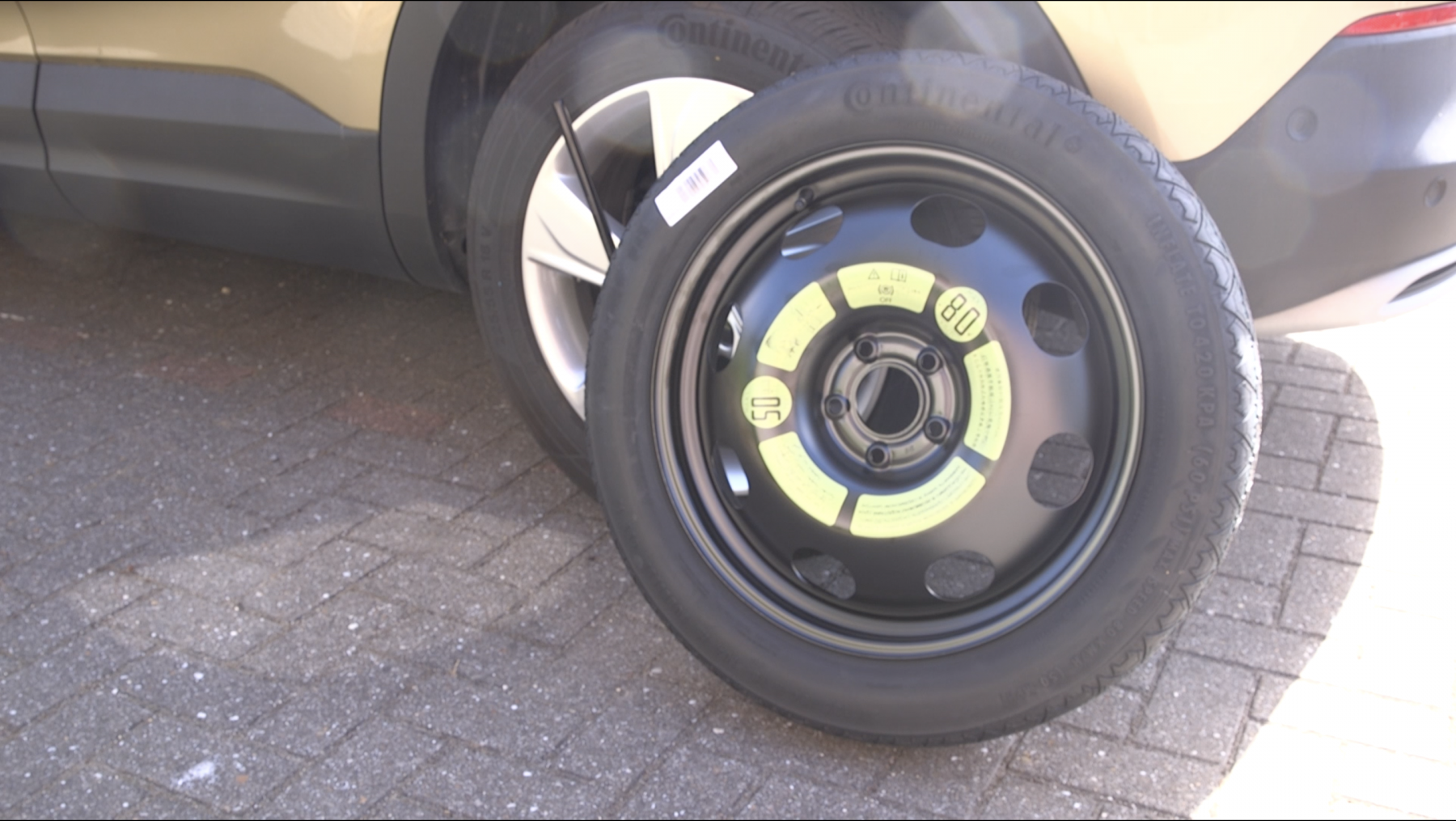 It’s easy to forget about looking after a spare tyre — after all, you’ll ideally never have to use it.
It’s easy to forget about looking after a spare tyre — after all, you’ll ideally never have to use it.